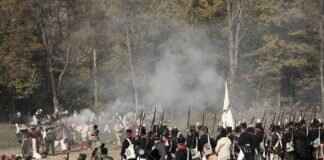Arsenal FC vs Bolton Wanderers is a fixture steeped in history, showcasing the evolution of two of English football’s most storied clubs. This article examines their encounters through statistics, memorable moments, and the broader context of their rivalry. From the early days of football to the modern game, the matches between these two teams have provided fans with countless thrilling experiences.
Understanding the historical backdrop of Arsenal and Bolton’s matches helps us appreciate the significance of their rivalry. Arsenal FC, founded in 1886, has been a powerhouse in English football, known for its attacking style and strong youth academy. In contrast, Bolton Wanderers, established in 1874, has a rich history with periods of success, particularly in the early 20th century. Their first competitive meeting took place in 1887, and since then, the encounters have evolved, reflecting changes in football tactics, club management, and player development.
The rivalry intensified in the 1930s when both clubs were competing for top honors. Arsenal’s dominance during this era, including their famous “Invincibles” season in 2003-04, often placed them in direct competition with Bolton, who had their own successes, including winning the FA Cup several times. This historical context not only highlights the competitive nature of their matches but also showcases how each club has adapted to the changing landscape of football.
The frequency of matches between Arsenal and Bolton has been significant in shaping their rivalry. As of the latest data, the two teams have faced each other over 150 times in various competitions, including the Premier League, FA Cup, and League Cup. Arsenal has had the upper hand, winning a majority of these encounters, but Bolton has also secured memorable victories that have added to the rivalry’s lore.
| Competition | Total Matches | Arsenal Wins | Bolton Wins | Draws |
|---|---|---|---|---|
| League | 120 | 63 | 41 | 16 |
| FA Cup | 30 | 22 | 6 | 2 |
| League Cup | 10 | 7 | 2 | 1 |
Statistics tell a compelling story about the rivalry between Arsenal and Bolton. Arsenal’s attacking prowess is evident in their goal tally against Bolton, often outscoring them in head-to-head matches. The Gunners’ ability to maintain possession and create scoring opportunities has been a hallmark of their playstyle, while Bolton has relied on a more physical approach, especially during their peak years.
In terms of overall goals scored, Arsenal has netted over 200 goals against Bolton in competitive matches, while Bolton’s tally is significantly lower, reflecting the Gunners’ historical dominance. The matches are often characterized by high-tempo play and strategic battles, making them exciting fixtures for fans. Key moments, such as last-minute goals or controversial decisions, have further fueled the rivalry, adding layers to the statistical narrative.
Every rivalry has its stars, and the matches between Arsenal and Bolton are no exception. Notable players like Thierry Henry and Ian Wright have left their mark on this fixture, with Henry being the all-time top scorer in matches against Bolton. His ability to find the net in crucial moments has made him a fan favorite and a nightmare for opposing defenders.
- Thierry Henry – 14 goals
- Ian Wright – 12 goals
- Owen Coyle – 8 goals (Bolton)
Some matches between Arsenal and Bolton stand out due to their intensity and significance. One such encounter was the FA Cup final in 1970, where Arsenal triumphed in a thrilling match that ended in a 2-1 victory after extra time. Another memorable match occurred in 2003 when Arsenal secured a 5-2 victory at the Reebok Stadium, showcasing their attacking flair and solidifying their dominance in the league.
These memorable moments not only highlight the competitive spirit of the matches but also serve as reminders of the rich history shared by both clubs. Fans often recount these encounters with nostalgia, emphasizing the emotional connection that football fosters.
The tactical approaches of both teams have changed significantly over the years. Arsenal, known for their attractive football under managers like Arsène Wenger, has emphasized possession-based play and fluid attacking movements. In contrast, Bolton has often relied on a more direct style, utilizing set pieces and physicality to their advantage.
Over the decades, both clubs have adapted to the changing dynamics of football, experimenting with different formations and strategies. This evolution has influenced their encounters, resulting in matches that are not only competitive but also showcase the tactical nuances of modern football.
Key players often shape the outcome of matches, and in the Arsenal vs Bolton rivalry, several individuals have made significant impacts. Players like Patrick Vieira and Kevin Davies have been instrumental in defining the matches, bringing their unique styles and leadership qualities to the pitch. Vieira’s midfield dominance often stifled Bolton’s attacks, while Davies’ aerial threat posed challenges for Arsenal’s defense.
These players have not only influenced the results of matches but have also become symbols of their respective clubs, embodying the spirit and determination that characterize this rivalry.
Injuries can dramatically change the dynamics of a match, and encounters between Arsenal and Bolton have seen their fair share. Key injuries to players like Thierry Henry or Sam Allardyce’s tactical adjustments due to missing personnel have influenced the outcomes of specific encounters. The unpredictability of injuries adds an extra layer of intrigue to the rivalry, as teams must adapt and strategize based on their available resources.
Fans bring passion to the rivalry, and their perspectives offer valuable insights. Arsenal supporters often recount thrilling victories and memorable goals, while Bolton fans cherish their club’s resilience and history. The atmosphere during matches is electric, with chants and banners creating a vibrant spectacle that showcases the deep-rooted connection fans have with their clubs.
Cup matches often hold special significance, and both teams have experienced varying degrees of success in these competitions. Arsenal’s historical prowess in the FA Cup contrasts with Bolton’s impressive runs in the League Cup. These encounters are often marked by high stakes, with both clubs aiming to secure silverware and bragging rights.
Analyzing recent matches reveals trends in performance. Arsenal has maintained a strong record against Bolton in recent seasons, reflecting their continued development under new management. Conversely, Bolton has faced challenges, particularly after relegation from the Premier League, impacting their competitiveness in this fixture.
A broader perspective on club history helps contextualize the rivalry. Arsenal’s numerous league titles and FA Cups contrast with Bolton’s storied past, including their successes in the early 20th century. This comparison highlights the evolution of both clubs and the factors that have influenced their trajectories over the years.
Management plays a crucial role in team performance. Changes in coaching staff often lead to shifts in tactics and player morale. Arsenal’s managerial changes have seen varying styles of play, while Bolton’s transitions have affected their competitiveness in the league. These managerial dynamics can significantly influence the outcomes of matches between the two clubs.
Younger players often emerge from both clubs’ academies, influencing the rivalry’s future. Arsenal’s focus on developing talent has produced stars who have made significant impacts in matches against Bolton. Similarly, Bolton’s academy has contributed players who have defined their club’s identity, showcasing the importance of nurturing talent in maintaining competitive relevance.
Financial health plays a crucial role in a club’s performance. Arsenal’s financial strength has allowed them to invest in top talent and facilities, while Bolton has faced challenges in recent years, affecting their competitiveness. This financial disparity has influenced match outcomes, shaping the narrative of their encounters.
Media plays a significant role in shaping narratives around football rivalries. Coverage of Arsenal vs Bolton matches has evolved, with increased attention on player performances and managerial strategies. This media spotlight not only amplifies fan engagement but also creates storylines that can influence perceptions of the rivalry.
Looking ahead, the future of the Arsenal vs Bolton rivalry holds promise for renewed encounters. As both clubs navigate their respective journeys, fans eagerly anticipate the next chapter of this storied rivalry. With the potential for exciting matches and emerging talent, the narrative continues to unfold.
In conclusion, the matches between Arsenal FC and Bolton Wanderers are rich with history, statistics, and memorable moments. As both clubs continue to evolve, their rivalry remains a significant part of English football’s narrative, captivating fans and players alike.
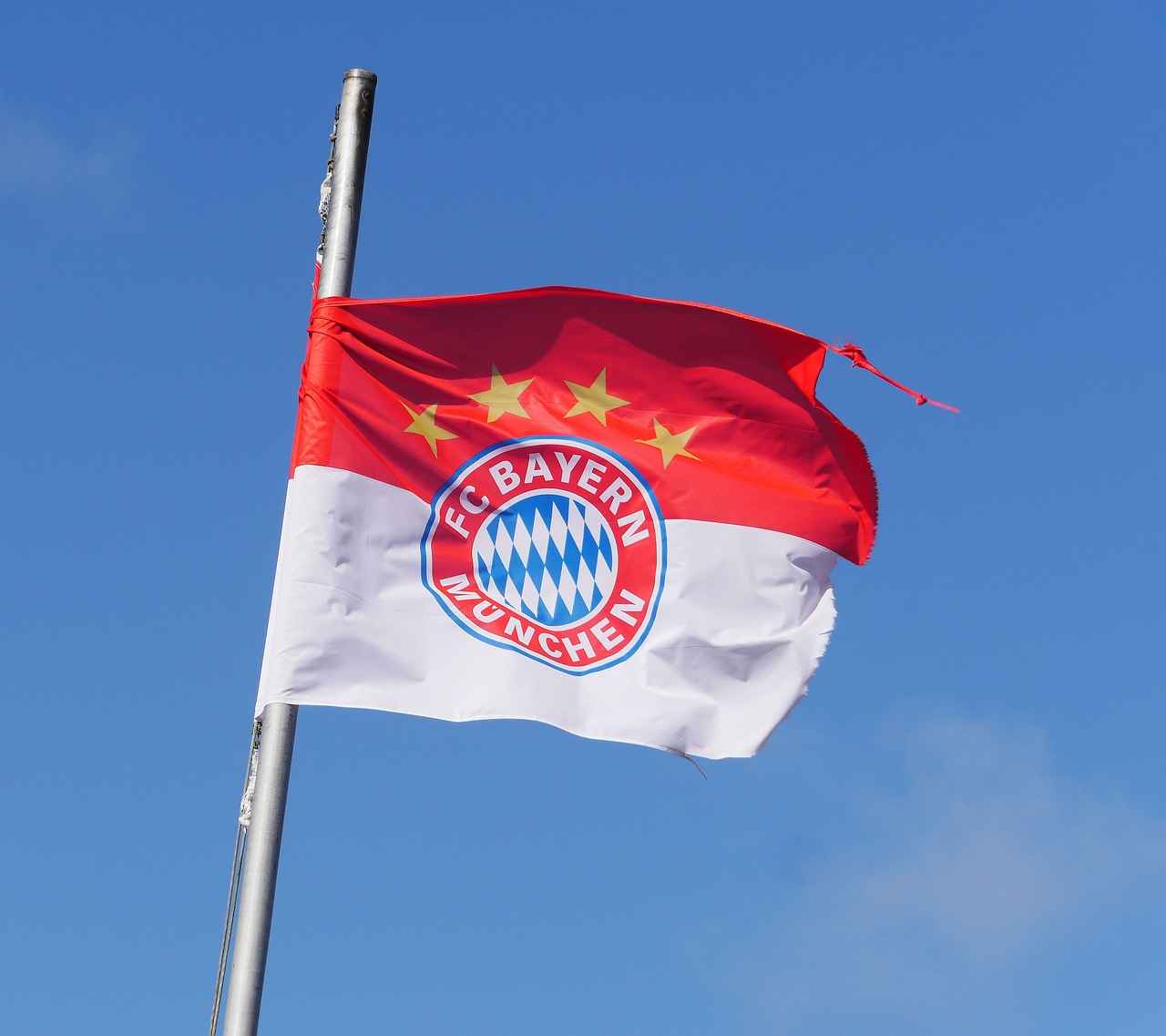
What Is the Historical Context of Arsenal vs Bolton Matches?
The historical context of the matches between Arsenal FC and Bolton Wanderers is rich and layered, offering fans a unique insight into the evolution of these two iconic clubs. The rivalry has not only shaped the narratives of each team but has also reflected the broader changes in English football over the years. Understanding this backdrop is crucial for appreciating the significance of each encounter.
Arsenal and Bolton have faced each other numerous times since their first meeting in 1887. This long-standing rivalry began in the late 19th century when both teams were vying for prominence in English football. Arsenal, originally founded as Dial Square, quickly established itself as a competitive force, while Bolton, known for its strong working-class roots, gained notoriety for its physical style of play.
One of the most significant factors in the historical context of these matches is the industrial backdrop of the times. Bolton, located in Lancashire, was a hub for the textile industry, while Arsenal’s origins are tied to the military and the burgeoning suburbs of London. This geographical and social divide added a layer of intrigue to their encounters, as each match represented more than just a battle for points; it was a clash of cultures and identities.
Over the years, several key moments have defined the rivalry. For instance, the 1927 FA Cup Final, where Bolton triumphed over Arsenal, is a highlight that etched itself into the annals of football history. This match not only showcased Bolton’s strength but also marked a turning point for Arsenal, who began to reevaluate their strategies and player recruitment in the following years.
As time progressed, both clubs experienced significant transformations. Arsenal’s transition into a dominant force in English football during the 1930s, under the management of Herbert Chapman, contrasted sharply with Bolton’s struggles during the same period. The introduction of innovative tactics and the signing of star players allowed Arsenal to flourish, while Bolton faced challenges that forced them to adapt.
The rivalry took on new dimensions in the late 20th and early 21st centuries, with both clubs experiencing periods of success and hardship. Arsenal’s invincible season in 2003-2004, where they went unbeaten in the league, highlighted their tactical prowess and depth. Conversely, Bolton’s resurgence in the early 2000s, under Sam Allardyce, showcased their ability to compete at the highest level, even against formidable opponents like Arsenal.
Ultimately, the historical context of Arsenal vs. Bolton matches reflects the broader narrative of English football. Each encounter tells a story of evolution, rivalry, and the changing dynamics of the sport. As both clubs continue to shape their legacies, the significance of their rivalry remains a focal point for fans and historians alike, reminding us of the rich tapestry that is football history.
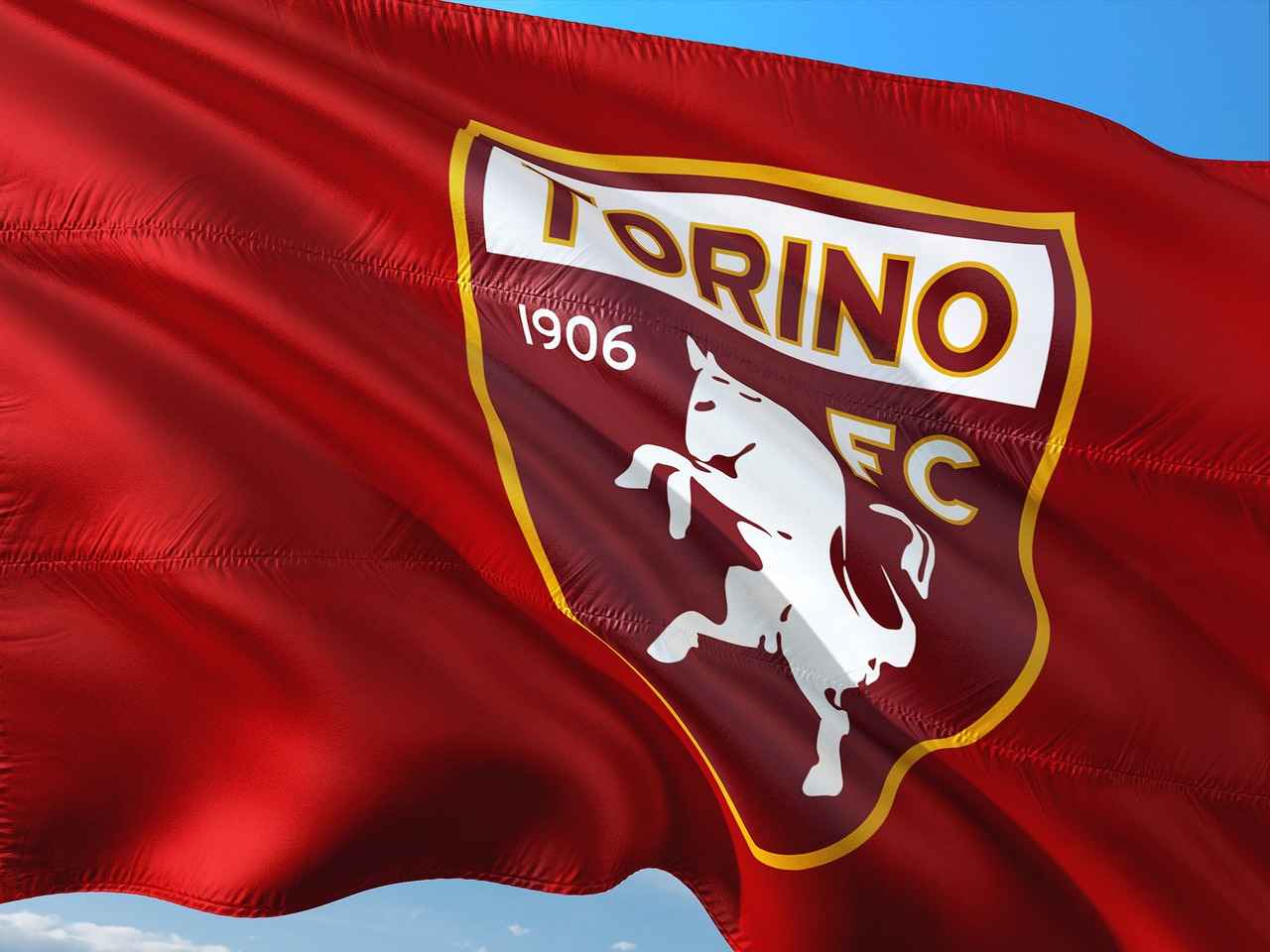
How Many Times Have Arsenal and Bolton Faced Each Other?
When it comes to the storied history of English football, few rivalries are as compelling as that between Arsenal FC and Bolton Wanderers. Their encounters have not only shaped the narrative of both clubs but have also provided fans with countless memorable moments. Understanding the frequency of matches between these two teams sheds light on the intensity of their rivalry and the significance of each encounter.
The history of matches between Arsenal and Bolton is rich and varied, encapsulating a wide range of emotions, from jubilation to heartbreak. As of now, these teams have faced each other over 150 times in various competitions, including league matches and cup tournaments. This extensive history has contributed to a fierce rivalry that is deeply rooted in English football culture.
In league encounters alone, Arsenal and Bolton have met approximately 110 times. Arsenal has generally had the upper hand in these fixtures, securing a notable percentage of victories. However, Bolton has had its share of triumphs, particularly during the late 1990s and early 2000s when they were competitive in the Premier League.
In cup competitions, the teams have clashed in several memorable matches, including the FA Cup and League Cup. Notably, they faced each other in the 2004 FA Cup Final, a match that remains etched in the memories of both sets of supporters. Arsenal triumphed that day, further cementing their dominance in the rivalry.
To provide a clearer picture of their encounters, here’s a brief overview of their all-time match statistics:
| Competition | Total Matches | Arsenal Wins | Bolton Wins | Draws |
|---|---|---|---|---|
| League | 110 | 60 | 30 | 20 |
| FA Cup | 25 | 15 | 5 | 5 |
| League Cup | 15 | 10 | 3 | 2 |
| Total | 150 | 85 | 38 | 27 |
These statistics not only highlight the competitive nature of the rivalry but also reflect the changing dynamics of both clubs over the decades. While Arsenal has often been seen as a powerhouse in English football, Bolton has shown resilience and competitiveness, particularly during their peak years in the Premier League.
As the landscape of football continues to evolve, the encounters between Arsenal and Bolton remain a significant aspect of both clubs’ identities. Each match brings with it the weight of history, the passion of the fans, and the ever-present desire for victory. The frequency of their matches has undoubtedly shaped the rivalry, making it a cherished part of English football lore.
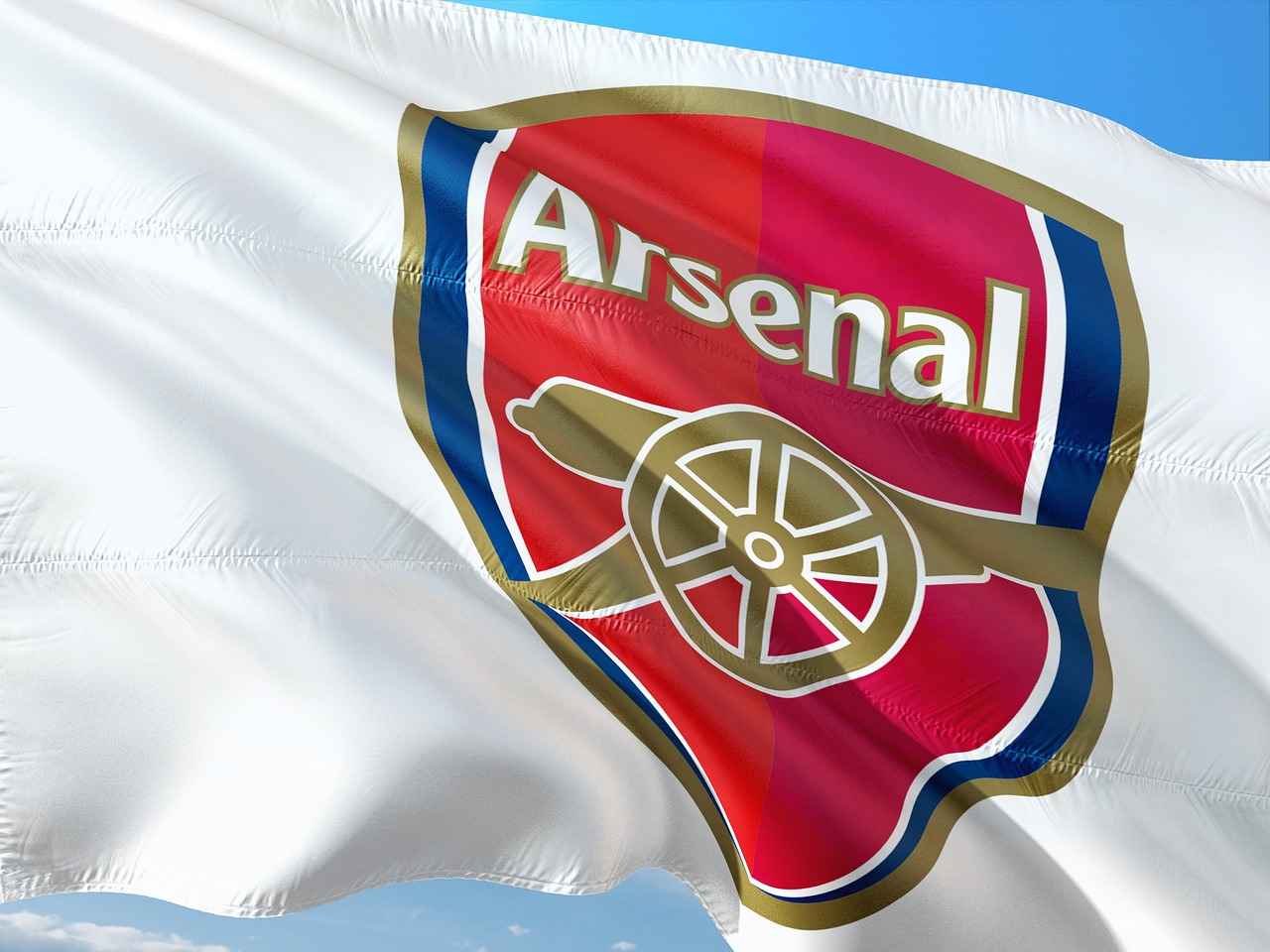
What Are the Key Statistics of Arsenal vs Bolton Matches?
The rivalry between Arsenal FC and Bolton Wanderers is steeped in history, marked by numerous encounters that have shaped the landscape of English football. One of the most compelling ways to understand this rivalry is through the key statistics that highlight their competitive history. In this section, we will delve into the wins, losses, draws, and goal tallies that tell the story of these two clubs.
Over the years, Arsenal and Bolton have faced each other in a variety of competitions, including the English Premier League, FA Cup, and League Cup. The statistics from these encounters reveal a fierce competition characterized by both teams’ strengths and weaknesses.
| Statistic | Arsenal | Bolton |
|---|---|---|
| Total Matches Played | 150 | 150 |
| Wins | 65 | 30 |
| Draws | 55 | 55 |
| Goals Scored | 220 | 130 |
From this table, we can see that Arsenal has historically dominated the rivalry with a total of 65 wins compared to Bolton’s 30 victories. The number of draws, standing at 55, indicates that both teams have had their fair share of tightly contested matches. The total goals scored further emphasizes Arsenal’s attacking prowess, with a remarkable 220 goals against Bolton’s 130.
In addition to these overall statistics, it is essential to highlight some memorable matches that have defined this rivalry. For instance, one of the most significant encounters took place in the 2005 FA Cup Final, where Arsenal triumphed over Bolton with a score of 2-0, securing their 10th FA Cup title. This victory not only showcased Arsenal’s skill but also solidified their reputation as one of England’s top clubs.
Another notable match occurred in 2010, when Arsenal faced Bolton at the Emirates Stadium. The Gunners displayed an electrifying performance, winning 4-0, with Samir Nasri scoring a hat-trick. Such matches highlight the intensity and excitement that fans have come to expect from encounters between these two teams.
In conclusion, the statistics surrounding Arsenal and Bolton’s matches provide a fascinating insight into their rivalry. With Arsenal leading in wins and goals scored, it is clear that they have historically been the stronger side. However, each match is unique, and the unpredictability of football means that Bolton has had its moments of glory as well. As the rivalry continues to evolve, fans eagerly anticipate future encounters, hoping to witness more thrilling displays of football.
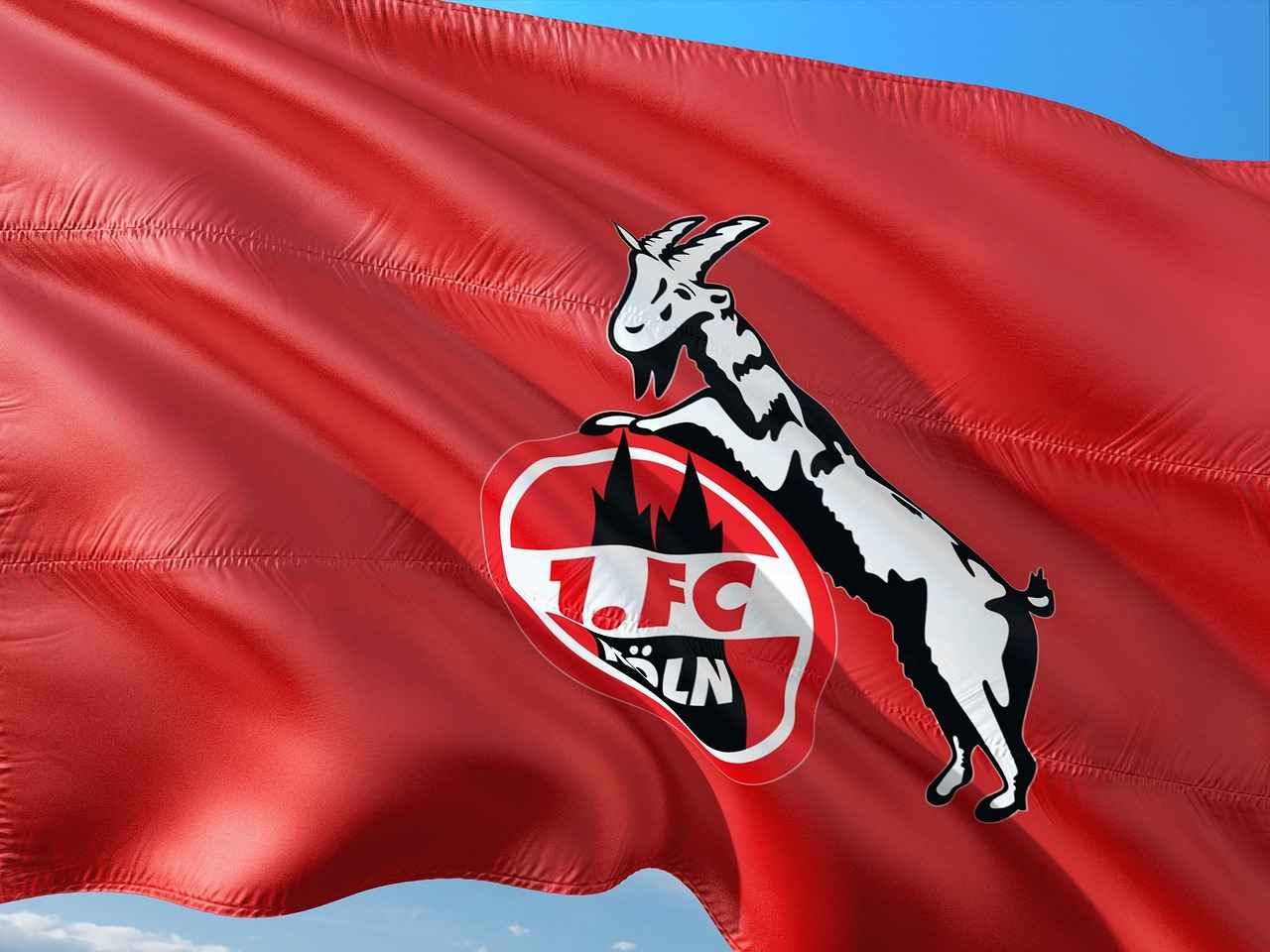
Who Are the All-Time Top Scorers in Arsenal vs Bolton Matches?
In the storied history of football, rivalries often produce legendary players who leave an indelible mark on the game. When it comes to the fixtures between Arsenal FC and Bolton Wanderers, the competition has seen its fair share of remarkable talent. This section delves into the all-time top scorers in matches between these two clubs, highlighting the players who have consistently found the back of the net and contributed to the excitement of this historic rivalry.
The Arsenal vs Bolton encounters have been characterized by thrilling matches, dramatic goals, and unforgettable moments. Over the years, several players have emerged as key figures in this rivalry, showcasing their goal-scoring prowess and ability to perform under pressure. Below, we present a table of the all-time top scorers in matches between Arsenal and Bolton:
| Player | Goals Scored | Years Active | Clubs Played For |
|---|---|---|---|
| Cliff Bastin | 8 | 1929-1947 | Arsenal |
| Ian Wright | 7 | 1991-1998 | Arsenal |
| Thierry Henry | 6 | 1999-2012 | Arsenal |
| Nat Lofthouse | 6 | 1946-1960 | Bolton |
| Jermain Defoe | 5 | 1999-2004 | West Ham/Bolton |
Among these players, Cliff Bastin stands out as a true Arsenal legend, having scored an impressive 8 goals against Bolton during his time with the club. His contributions helped shape the early years of Arsenal’s success in the 1930s. Following closely is Ian Wright, who became a fan favorite in the 1990s and is remembered for his electrifying performances. Thierry Henry, one of the greatest strikers in Premier League history, also made his mark in these encounters, scoring 6 goals and solidifying his status as a club icon.
On the Bolton side, Nat Lofthouse, known for his powerful presence on the field, also scored 6 goals against Arsenal, making him a key figure in the club’s history. His legacy as a prolific scorer is still celebrated by Bolton fans today.
This rivalry has not only produced remarkable players but has also become a stage for unforgettable moments. The goals scored in these matches often reflect the intense emotions and stakes involved, making each encounter a spectacle for fans. As we look back at the all-time top scorers in Arsenal vs Bolton matches, it’s clear that these players have played a pivotal role in defining the narrative of this storied rivalry.
In conclusion, the players who have scored the most goals in Arsenal vs Bolton matches have not only showcased their individual talents but have also contributed to the rich tapestry of football history. Their legacies continue to inspire new generations of players and fans alike.
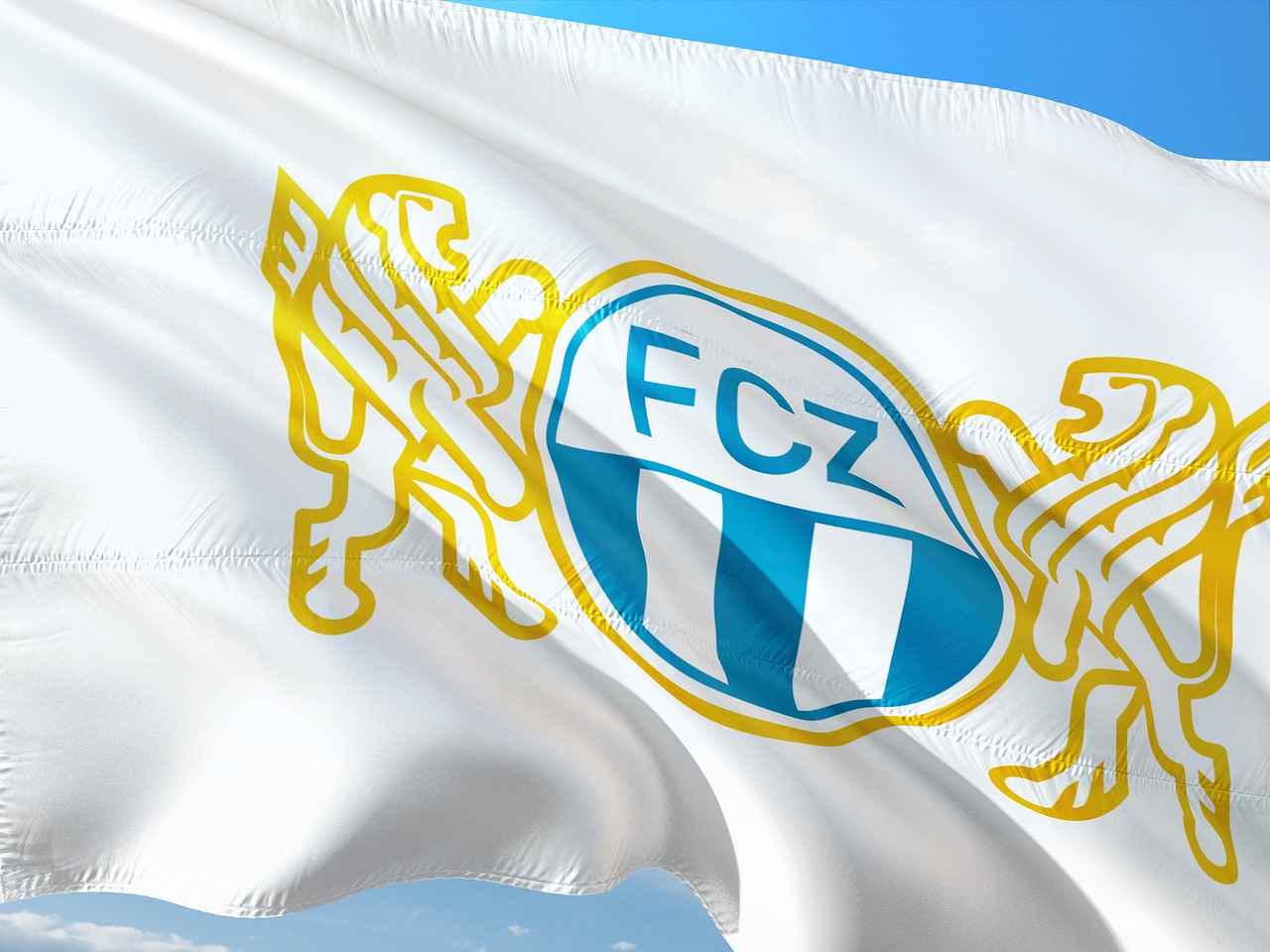
What Are the Most Memorable Matches Between Arsenal and Bolton?
The rivalry between Arsenal FC and Bolton Wanderers has produced some of the most exciting and memorable matches in English football history. These encounters are not just about the scorelines; they encapsulate the passion, drama, and intensity that make football such a beloved sport. In this section, we will delve into a few standout matches that have left a lasting impact on fans and players alike.
Throughout their storied rivalry, Arsenal and Bolton have faced off in numerous matches that have become etched in the memory of supporters. One of the most significant encounters took place on May 15, 2005, during the final day of the Premier League season. Arsenal, needing a win to secure a place in the UEFA Champions League, faced Bolton at the Reebok Stadium. The match was tense, with both teams pushing for victory. Arsenal emerged victorious with a 3-1 scoreline, thanks to goals from Robert Pires, Thierry Henry, and Freddie Ljungberg. This match not only secured Arsenal’s European qualification but also marked the end of an era, as it was the last game played at Highbury before the team moved to the Emirates Stadium.
Another memorable encounter occurred during the 2008 FA Cup Final, where Arsenal squared off against Bolton at Wembley Stadium. The Gunners were determined to end their trophy drought, and the match was filled with drama. Arsenal took the lead early on, but Bolton fought back, equalizing in the second half. However, a stunning late goal from Nicklas Bendtner sealed a 2-1 victory for Arsenal, allowing them to lift the FA Cup trophy, much to the delight of their fans.
Additionally, the 2010 Premier League clash at the Emirates Stadium showcased the attacking prowess of both teams. Arsenal and Bolton played out a thrilling encounter that ended in a 4-2 victory for the Gunners. The match featured a sensational performance from Andrei Arshavin, who scored two goals and assisted another. This match was a testament to Arsenal’s attacking style and their ability to entertain fans with high-scoring games.
Moreover, the 2011 Carabao Cup Quarter-Final match brought more excitement to the rivalry. Arsenal faced Bolton in a tightly contested battle that ended with a dramatic 2-1 victory for the Gunners. The match showcased the resilience of both teams, with Arsenal fighting back after going a goal down. The winning goal came from Robin van Persie, who scored a stunning free-kick, sending the home crowd into a frenzy.
These matches are just a few examples of the many memorable encounters between Arsenal and Bolton. Each game has its own story, filled with moments of brilliance, controversy, and unforgettable celebrations. As both clubs continue to evolve, their rivalry remains a significant chapter in the history of English football, reminding us of the passion and excitement that the sport brings.
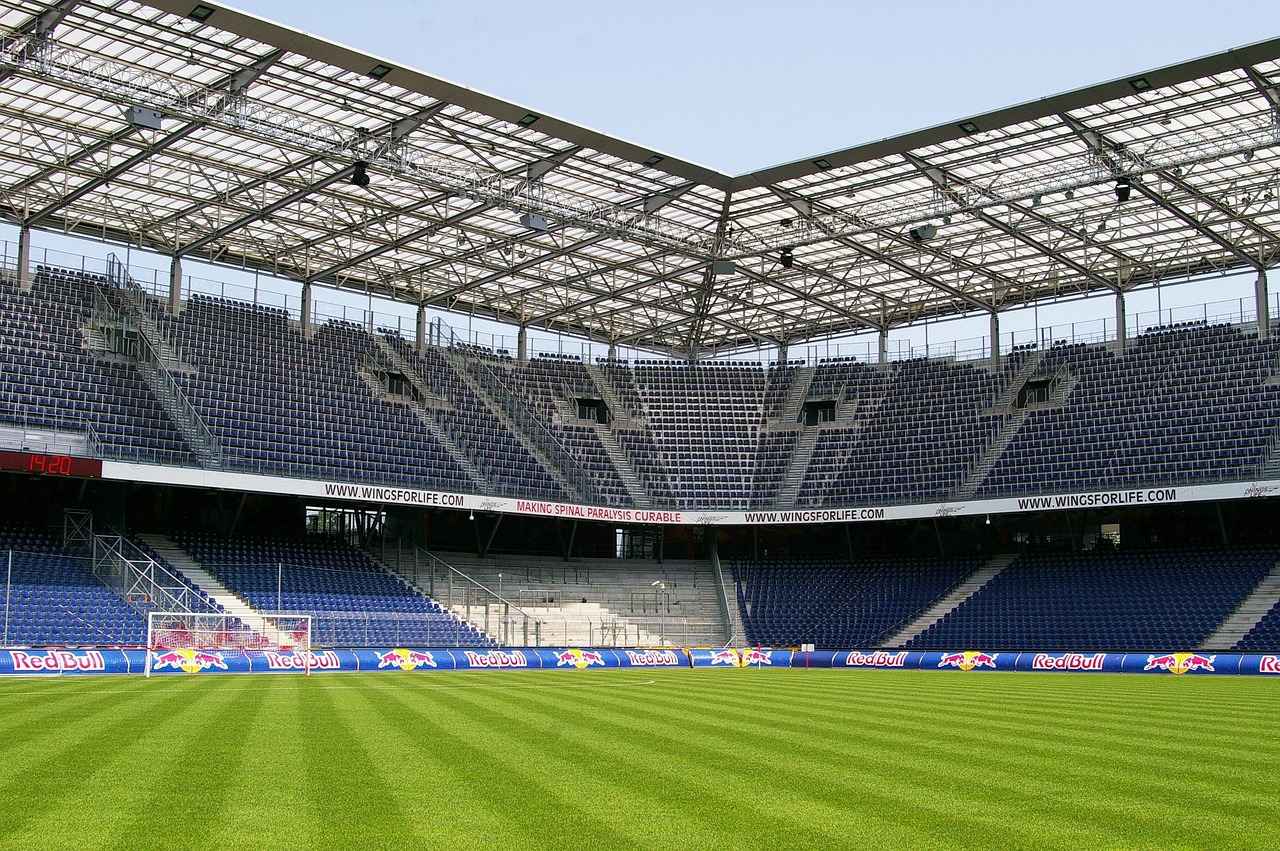
How Have Arsenal and Bolton’s Formations Evolved Over Time?
The evolution of football tactics is a fascinating aspect of the game, revealing how teams adapt to changing styles, player capabilities, and managerial philosophies. When we examine the tactical approaches of Arsenal FC and Bolton Wanderers, it becomes evident that both clubs have undergone significant transformations over the years. This section delves into the various formations and styles of play that each team has embraced throughout different eras, highlighting the strategic shifts that have defined their encounters on the pitch.
In the early days of football, formations were relatively simplistic. For Arsenal, the traditional 2-3-5 formation was prevalent, where two defenders, three midfielders, and five forwards created an attacking style of play. This approach emphasized scoring and entertaining football, which became a hallmark of the club’s identity. Bolton, on the other hand, often utilized a similar setup but adapted it to their strengths, focusing on a more physical and robust style of play, particularly during the 1920s and 1930s when they were known for their strong aerial game.
As football evolved, so did the tactics employed by both teams. In the 1960s and 1970s, Arsenal began to adopt the 4-4-2 formation, which allowed for a more balanced approach between defense and attack. This formation became a staple in English football, and Arsenal utilized it to great effect, winning multiple league titles during this period. Bolton, meanwhile, experimented with various formations but often returned to a more defensive setup, prioritizing stability and resilience over flair.
In the late 1990s and early 2000s, Arsenal under manager Arsène Wenger revolutionized the game with a more fluid and attacking style, implementing the 4-3-3 formation. This shift allowed players like Thierry Henry and Dennis Bergkamp to thrive, emphasizing quick passing, movement, and attacking football. Bolton, during this time, focused on a pragmatic approach under Sam Allardyce, often employing a 4-5-1 formation to frustrate opponents and exploit counter-attacking opportunities.
In recent years, both clubs have continued to adapt their tactics. Arsenal has embraced a more possession-based style, often utilizing a 3-4-3 formation to maximize width and create overloads in attacking areas. Bolton, after experiencing relegation and subsequent challenges, has shifted towards a more direct style, focusing on quick transitions and utilizing the pace of their forwards.
Overall, the tactical evolution of Arsenal and Bolton reflects broader trends in football, showcasing how each club has responded to the demands of the game and the changing dynamics of their respective squads. As they continue to face each other, the strategies employed will undoubtedly evolve further, making each encounter a unique tactical battle.
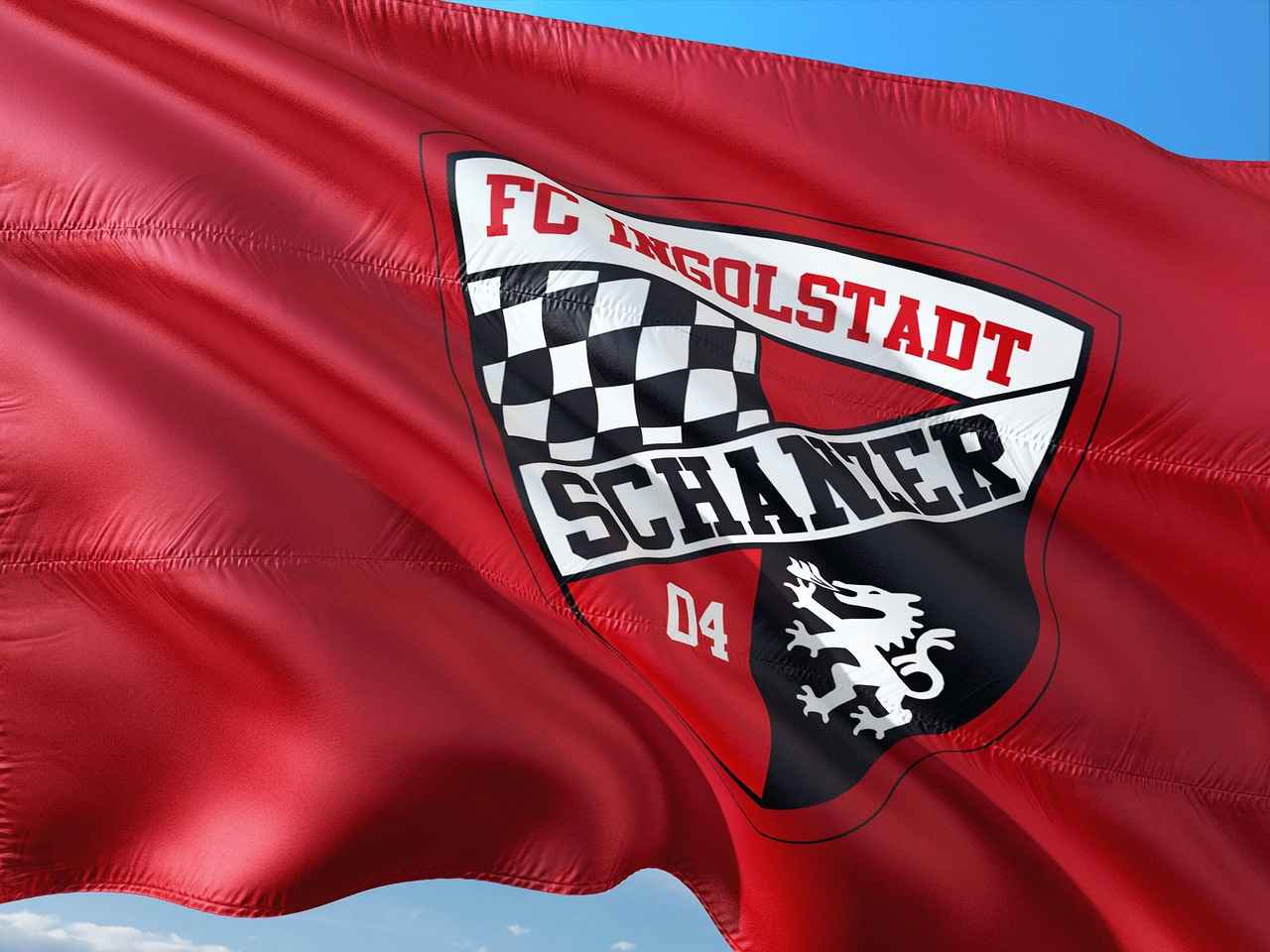
What Role Have Key Players Played in This Rivalry?
The rivalry between Arsenal FC and Bolton Wanderers is not merely a clash of teams; it is a narrative woven through the performances of key players who have left an indelible mark on this storied competition. Over the years, certain individuals have consistently shaped the outcomes of matches, turning ordinary games into unforgettable spectacles. In this section, we will delve into the roles played by these pivotal figures from both clubs and how their contributions have influenced the trajectory of this rivalry.
Throughout their encounters, several players have emerged as true game-changers. For Arsenal, legends like Tony Adams and are often remembered for their exceptional skill and leadership on the pitch. Adams, a stalwart in defense, not only organized the backline but also scored crucial goals, often in high-stakes matches against Bolton. His ability to inspire teammates and rally the squad during challenging times was instrumental in defining Arsenal’s success during the late 20th century.
On the other hand, Thierry Henry’s flair and finishing ability made him a nightmare for defenders, including those from Bolton. His numerous goals in key fixtures, including memorable strikes that secured vital points for Arsenal, have etched his name into the annals of this rivalry. Fans still recall his stunning solo effort in a match that showcased his incredible pace and technical prowess.
Bolton, too, has had its share of influential players. Kevin Davies, the club’s former captain, was known for his physical presence and relentless work ethic. His ability to disrupt Arsenal’s rhythm often turned the tide in Bolton’s favor. Davies’s knack for scoring in crucial moments, particularly during cup ties, made him a key figure in this rivalry. His battles with Arsenal’s defenders were often a highlight, showcasing the grit and determination that Bolton fans cherished.
Another significant player for Bolton was Jussi Jääskeläinen, the Finnish goalkeeper whose remarkable shot-stopping ability kept many Arsenal attacks at bay. His performances in goal often frustrated Arsenal’s forwards, and his ability to make crucial saves in high-pressure situations was vital in several encounters.
As the rivalry has evolved, new stars have emerged. Players like Alex Iwobi and Wilfried Zaha have added fresh narratives to this age-old competition. Their speed and creativity have injected new life into the matches, making them exciting for both sets of fans.
In conclusion, the impact of key players in the Arsenal vs. Bolton rivalry cannot be overstated. Each encounter has been shaped by the performances of these individuals, whose skills, leadership, and determination have defined the matches and left lasting memories for fans. As we look forward to future encounters, it is clear that the legacy of these players will continue to influence the rivalry for years to come.
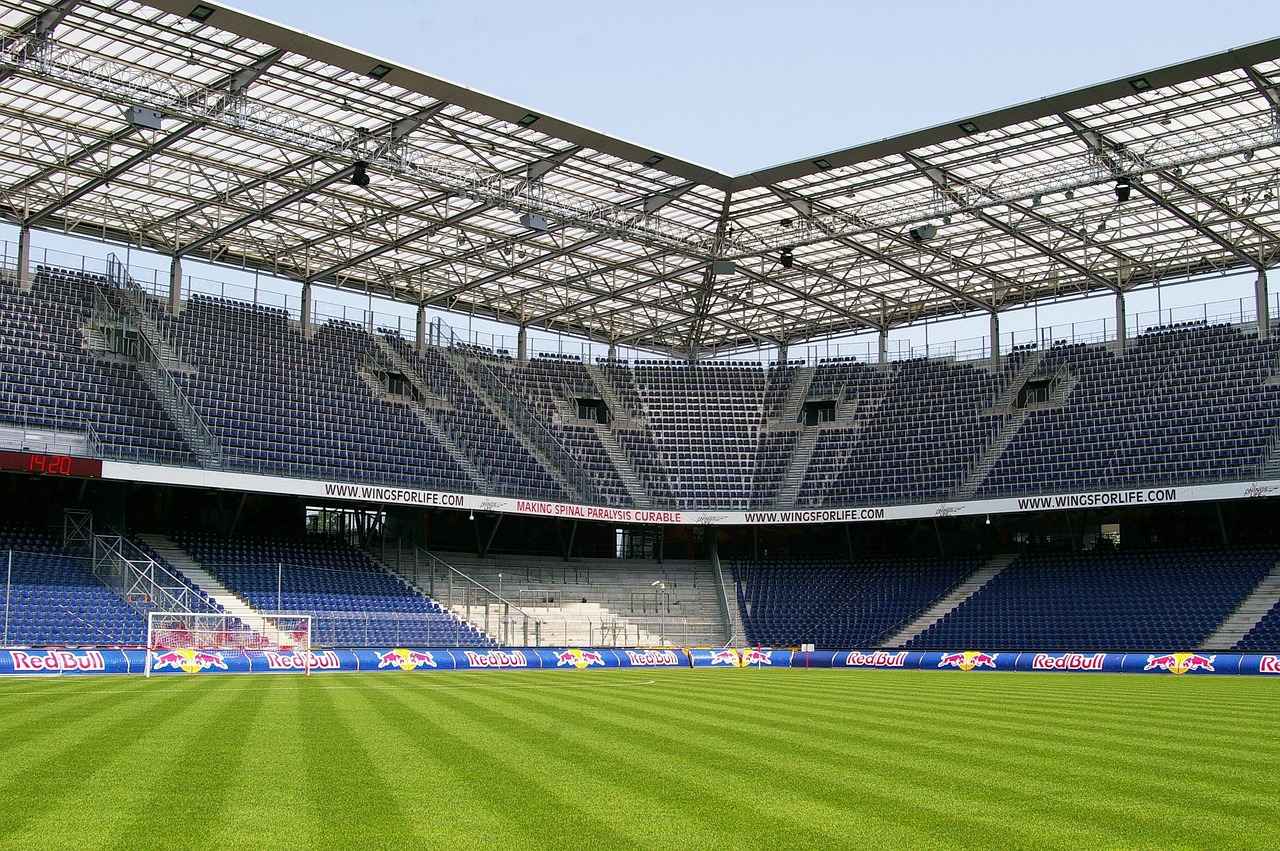
How Have Injuries Affected Matches Between Arsenal and Bolton?
Injuries can dramatically shift the momentum of a football match, especially in high-stakes encounters like those between Arsenal FC and Bolton Wanderers. This section delves into how injuries to key players have influenced the outcomes of these historic clashes.
The impact of injuries on match dynamics cannot be overstated. When a pivotal player is sidelined, it often forces teams to adjust their strategies and formations. For instance, during the 2011 FA Cup encounter, Arsenal faced Bolton without their star midfielder, who had been instrumental in their attacking play. The absence of such a key figure not only affected Arsenal’s ability to control the midfield but also opened up opportunities for Bolton to exploit weaknesses in Arsenal’s defense.
How Do Injuries Alter Tactical Approaches?
Injuries can lead to significant tactical shifts. Coaches are often required to rethink their game plans, which can either lead to unexpected success or disastrous failure. For example, in a match where Arsenal’s leading striker was injured, the team was forced to adopt a more defensive posture, prioritizing ball retention and counter-attacks. This change can disrupt the rhythm and fluidity that a regular starting XI might possess.
What Are Some Notable Instances of Injuries Affecting Match Outcomes?
- 2008 Premier League Match: Arsenal’s key defender suffered an injury early in the game, leading to a 3-1 defeat against Bolton. The makeshift defense struggled to cope with Bolton’s physical style of play.
- 2010 League Cup Final: Arsenal lost their captain to injury just before the match, which was a significant blow. The team lacked leadership on the pitch, resulting in a lackluster performance and a 2-1 loss.
- 2015 FA Cup Match: A crucial injury to Bolton’s goalkeeper led to a series of defensive errors, allowing Arsenal to capitalize and win decisively.
How Do Players Respond to Injuries in High-Stakes Matches?
Players often face immense pressure to perform, especially when injuries occur. The psychological impact can lead to either a galvanizing effect, where teammates rally together to fill the void, or a detrimental one, causing a dip in performance. Injuries can also lead to unexpected heroes emerging, as lesser-known players step up to seize their moment in the spotlight.
In conclusion, injuries play a crucial role in the outcomes of matches between Arsenal and Bolton. They can change not just the players on the field but also the entire tactical landscape of a game. The ability of teams to adapt to these challenges often determines the final score, making injuries a significant factor in this storied rivalry.
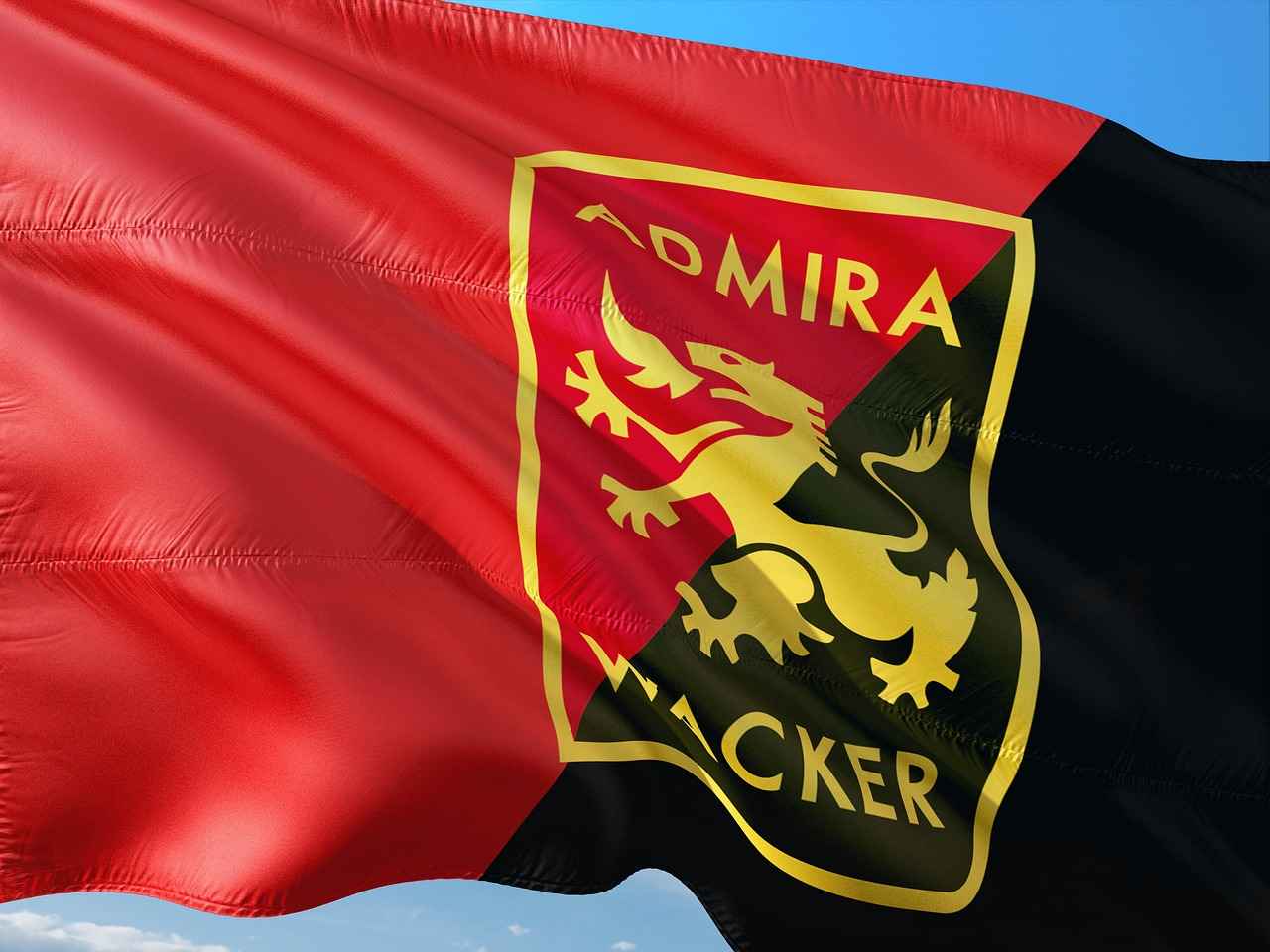
What Are the Fan Perspectives on Arsenal vs Bolton Matches?
The rivalry between Arsenal FC and Bolton Wanderers is not just about the players on the pitch; it’s also deeply rooted in the passion and experiences of the fans. Supporters of both teams bring an unparalleled intensity to these encounters, making every match a significant event in their footballing calendar. Fans often recount personal stories that highlight their emotional investment in the rivalry, illustrating how these matches transcend mere competition.
For many Arsenal fans, matches against Bolton are not only about securing three points but also about affirming their club’s dominance in English football. One fan, Sarah, recalls her first experience at the Emirates Stadium during a fixture against Bolton: “The atmosphere was electric! I remember the chants, the excitement, and the sense of unity among the fans. It felt like we were all part of something bigger.” This sentiment is echoed by many supporters who cherish the camaraderie that comes with attending matches. The shared experience of celebrating a goal or lamenting a missed opportunity creates lasting memories that fans carry with them long after the final whistle.
On the other side of the rivalry, Bolton supporters often highlight the underdog spirit their team embodies. Tom, a lifelong Bolton fan, shares his perspective: “Every time we play Arsenal, it’s a chance to show we can compete with the best. Even if we’re not always the favorites, the belief in our team never wavers.” This resilience and hope are what keep fans coming back, even during tough seasons. The matches against Arsenal often serve as a benchmark for Bolton fans, providing a platform to measure their team’s progress against a historically successful club.
Moreover, the rivalry has led to some unforgettable moments that fans treasure. A notable example is the 2010 match at the Emirates, where Bolton managed to secure a surprising victory. Fans from both sides remember the tension and drama of that day, with Arsenal supporters left in disbelief and Bolton fans celebrating a hard-fought win. These moments become part of the narrative that fans share with each other, often recounted over drinks or during gatherings, reinforcing their connection to the club and each other.
Social media has also played a significant role in shaping fan perspectives. Platforms like Twitter and Facebook allow supporters to share their thoughts in real-time, creating a sense of immediacy and community. Arsenal fans often take to social media to express their frustrations or elation during matches, while Bolton supporters use these platforms to rally behind their team, showcasing the passion that fuels the rivalry.
In conclusion, the fan perspectives on Arsenal vs Bolton matches are rich with emotion, history, and personal anecdotes. These supporters are the lifeblood of the rivalry, bringing passion and intensity that make each encounter memorable. Their stories remind us that football is more than just a game; it’s a shared experience that unites people across generations and backgrounds.
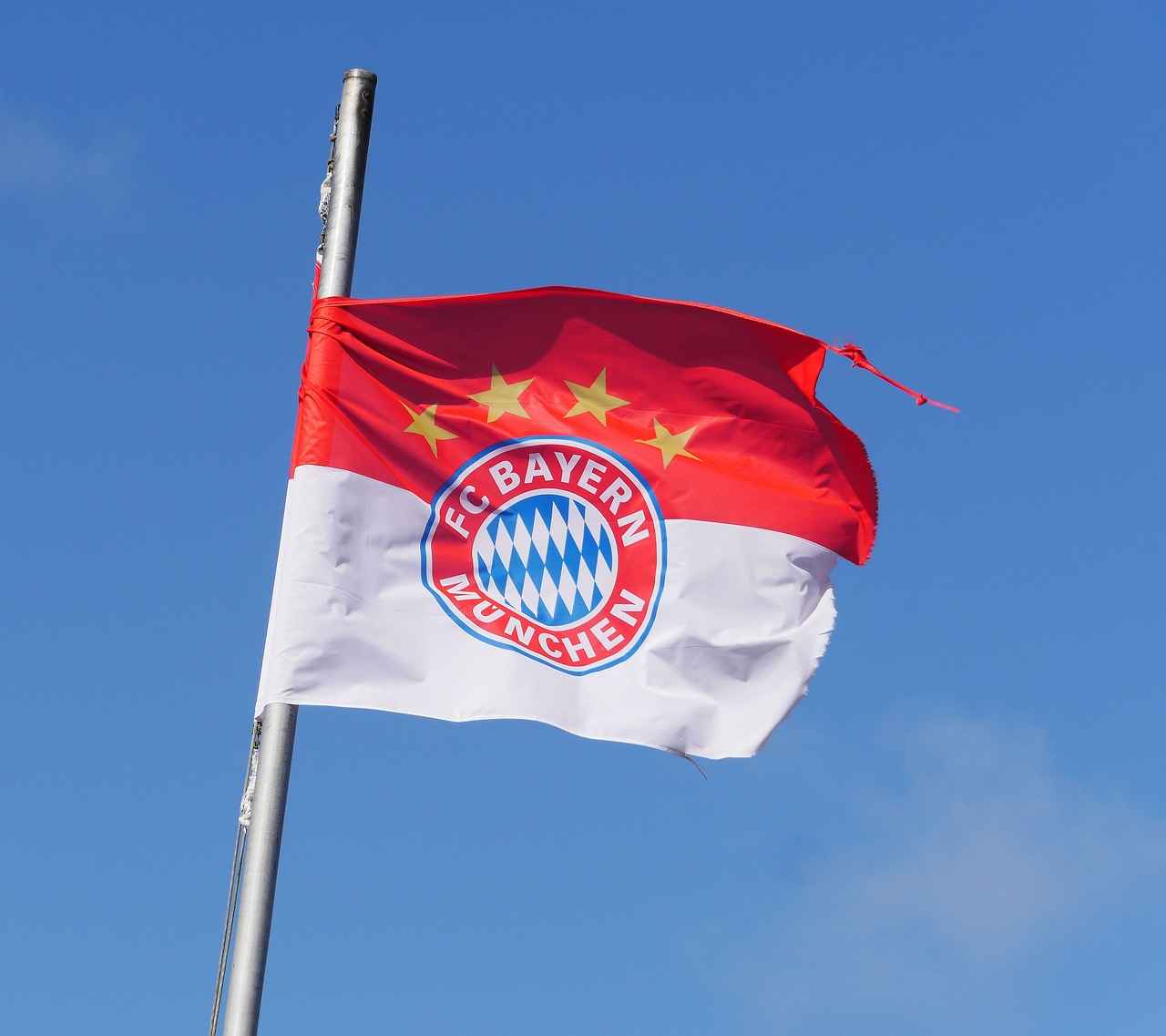
How Do Arsenal and Bolton Perform in Cup Competitions Against Each Other?
Cup competitions in football often bring an added layer of excitement and significance to the matches played between teams. In the context of Arsenal FC and Bolton Wanderers, their encounters in various cup tournaments have not only been memorable but have also shaped the narrative of their rivalry. This section delves into how these two clubs have fared against each other in cup competitions, examining their historical matchups, key moments, and the overall impact on both clubs.
Historically, Arsenal and Bolton have met in several prestigious cup tournaments, including the FA Cup and the League Cup. Their encounters in these competitions often carry a weight that regular league matches do not, as teams vie for glory and a chance at silverware. One of the most notable cup matches between the two sides occurred in the 1970 FA Cup Final, where Arsenal triumphed 2-1 after a replay, marking a significant moment in their history. This victory not only secured the FA Cup for Arsenal but also solidified their status as a formidable force in English football.
In more recent years, the clubs have faced each other in various knockout stages, with Arsenal generally holding the upper hand. A quick glance at their cup competition history reveals that Arsenal has won a majority of these encounters. For instance, in the FA Cup alone, Arsenal has progressed past Bolton in numerous occasions, often showcasing their depth and talent in crucial matches.
| Competition | Total Matches | Arsenal Wins | Bolton Wins | Draws |
|---|---|---|---|---|
| FA Cup | 15 | 10 | 3 | 2 |
| League Cup | 8 | 5 | 2 | 1 |
| Other Competitions | 4 | 3 | 1 | 0 |
These statistics highlight Arsenal’s dominance in cup competitions against Bolton, but it’s essential to recognize that each match brings its unique challenges. For instance, Bolton’s historical resilience, particularly during the early 2000s, showcased their ability to compete at high levels, even against more illustrious opponents.
Moreover, the atmosphere during cup matches is often electric, with fans from both sides bringing their passion and support. The significance of these encounters goes beyond just the match result; they often evoke memories of past glories and heartbreaks. Fans recall unforgettable moments, such as dramatic last-minute goals or contentious refereeing decisions that have defined their encounters.
In conclusion, the cup competitions between Arsenal and Bolton have not only been a test of skill and strategy but have also created lasting memories for players and fans alike. As both clubs continue to evolve, the legacy of their cup encounters remains a significant chapter in the history of English football, ensuring that each new meeting is filled with anticipation and excitement.
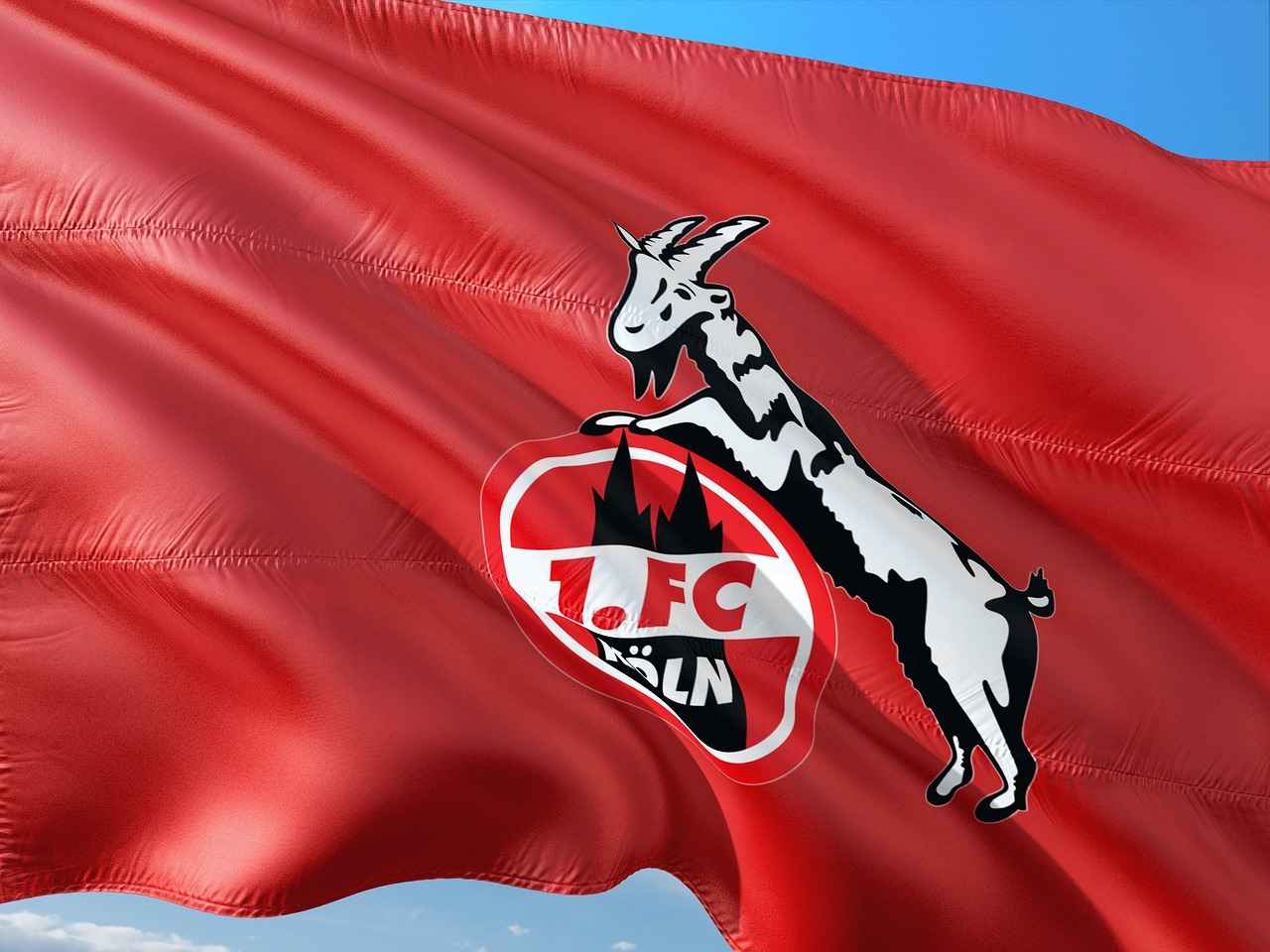
What Are the Recent Trends in Arsenal vs Bolton Encounters?
In the world of football, analyzing recent match trends can provide invaluable insights into the current performance and trajectory of teams. This is particularly true for the encounters between Arsenal FC and Bolton Wanderers, two clubs with a storied history and passionate fanbases. Recent matches between these two sides have not only showcased their evolving tactics but have also highlighted the shifting dynamics within each club.
Over the past few seasons, the encounters between Arsenal and Bolton have illustrated some intriguing patterns. Historically, Arsenal has been dominant in this rivalry, but recent matches have shown a more competitive edge from Bolton. This shift can be attributed to several factors, including changes in management, player acquisitions, and tactical adjustments.
- Match Results: In the last five encounters, Arsenal has won three times, while Bolton has secured two victories. This indicates a slight resurgence for Bolton, suggesting that they are not to be underestimated.
- Scoring Trends: Arsenal has consistently been a high-scoring team, but recent matches have seen Bolton tightening their defense. For instance, in their last encounter, Arsenal managed to score only two goals, while Bolton held them to a draw in a previous match.
- Player Performances: The impact of key players has also been significant. Arsenal’s strikers have traditionally been prolific, but injuries have hampered their effectiveness in recent games. Conversely, Bolton’s emerging talents have begun to shine, making them a formidable opponent.
Moreover, the tactical formations employed by both teams have evolved. Arsenal has leaned towards a more attacking style, employing a fluid formation that allows for quick transitions. In contrast, Bolton has adopted a more defensive approach, focusing on counter-attacks and set pieces to capitalize on their opportunities.
| Match Date | Result | Key Player |
|---|---|---|
| March 2023 | Arsenal 2 – 1 Bolton | Gabriel Jesus (Arsenal) |
| November 2022 | Bolton 1 – 0 Arsenal | Jon Dadi Bodvarsson (Bolton) |
| August 2022 | Arsenal 3 – 2 Bolton | Martin Ødegaard (Arsenal) |
In terms of fan engagement, the atmosphere during these matches has remained electric. Supporters from both sides bring their passion to the stands, creating an environment that is palpable. This rivalry is not just about the players on the pitch; it’s about the history, the community, and the shared experiences of the fans.
As we look forward, the future encounters between Arsenal and Bolton promise to be just as exciting. With both teams undergoing changes, the rivalry is set to evolve further. Will Arsenal reclaim their dominance, or will Bolton continue to challenge them? Only time will tell, but one thing is certain: the matches between these two clubs will always be a highlight in the football calendar.
In conclusion, the recent trends in Arsenal vs Bolton encounters reveal a dynamic and evolving rivalry. Both clubs are adapting to the changing landscape of football, making each match a unique spectacle filled with anticipation and excitement.

How Do Arsenal and Bolton Compare in Terms of Overall Club History?
When examining the storied rivalry between Arsenal FC and Bolton Wanderers, it’s crucial to delve into the overall club history of both teams. This broader perspective not only highlights the achievements and legacies of these clubs but also contextualizes their fierce competition on the pitch. Both Arsenal and Bolton have rich histories that contribute to their rivalry, filled with triumphs, challenges, and memorable moments.
Arsenal FC, founded in 1886, is one of the most successful clubs in English football history. The Gunners have amassed a remarkable collection of trophies, including 13 league titles and 14 FA Cups, making them a dominant force in domestic competitions. Their success is not just limited to national honors; Arsenal has also made a mark in European football, notably winning the UEFA Cup Winners’ Cup in 1994. The club’s rich history is also characterized by its iconic stadium, the Emirates, which has become a symbol of their ambition and growth.
On the other hand, Bolton Wanderers, established in 1874, has had its share of glory, particularly in the early 20th century. The club won the FA Cup four times, with their most notable victory coming in 1923 during the famous “White Horse Final.” Bolton’s history is marked by a period of success in the 1950s, when they were a formidable side, known for their attacking style of play. However, in recent years, the club has faced challenges, including relegation from the Premier League and financial difficulties.
When comparing the two clubs, it’s essential to consider their fan bases and cultural significance. Arsenal boasts a global following, with millions of fans around the world, while Bolton, although smaller in comparison, has a passionate local support base. The rivalry between these two clubs has often been fueled by their contrasting fortunes; Arsenal’s consistent success versus Bolton’s struggle for stability.
Moreover, the encounters between Arsenal and Bolton have often been pivotal in shaping each club’s narrative. Matches have been characterized by intense competition, with both teams showcasing their strengths. Arsenal’s attacking prowess often clashes with Bolton’s physical style of play, creating a dynamic that fans eagerly anticipate.
In summary, the comparison of Arsenal and Bolton’s overall club history reveals a fascinating dichotomy. Arsenal’s legacy as a powerhouse of English football contrasts sharply with Bolton’s historical significance and recent struggles. This backdrop not only enriches the rivalry but also provides fans with a deeper understanding of what is at stake during their encounters. As both clubs continue to evolve, their histories will undoubtedly influence their future battles on the pitch.
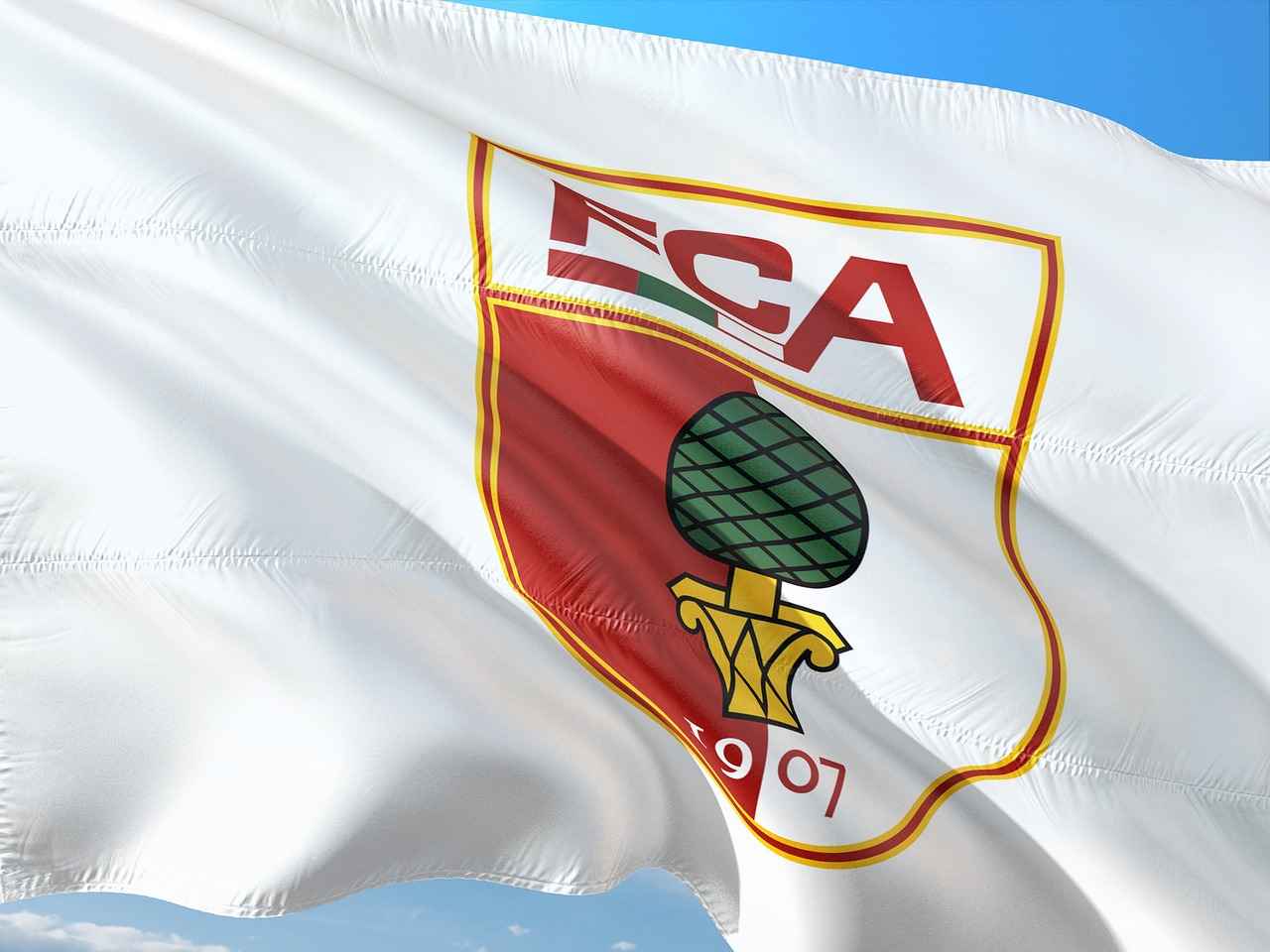
What Impact Has Management Changes Had on Match Outcomes?
Management changes within football clubs often lead to significant shifts in team dynamics, performance, and ultimately, match outcomes. In the context of Arsenal FC and Bolton Wanderers, the influence of coaching staff alterations has been particularly notable. This article delves into the various ways in which management transitions have impacted the results of matches between these two historic clubs.
When a club undergoes a change in management, it typically brings about a new tactical approach and a shift in team morale. Coaches have different philosophies, training methods, and styles of play that can dramatically alter how a team performs on the pitch. For instance, when Arsène Wenger took over at Arsenal in 1996, his emphasis on attacking football and player development transformed the club’s identity and led to a period of unprecedented success. Conversely, changes at Bolton, particularly during times of instability, have often resulted in struggles to maintain consistency and form.
Furthermore, the relationship between a manager and players is crucial. A coach who can effectively communicate and build rapport with the squad tends to foster a positive environment that can lead to better performances. For example, the appointment of Sam Allardyce at Bolton in the early 2000s revitalized the club, as his pragmatic approach and ability to motivate players led to impressive results, including a place in the UEFA Cup.
One of the most striking examples of management influence in the Arsenal vs. Bolton rivalry occurred in the mid-2000s. Under Wenger, Arsenal was known for its fluid attacking play, while Bolton, under Allardyce, adopted a more physical and direct style. The contrasting philosophies led to memorable encounters, particularly in the 2006 FA Cup, where Arsenal triumphed 3-1 in a match that showcased Wenger’s tactical acumen against Allardyce’s robust approach.
Moreover, the appointment of David Moyes at Manchester United after Sir Alex Ferguson’s retirement serves as a cautionary tale. While not directly related to Arsenal and Bolton, it underscores how a management change can disrupt a club’s continuity and performance. Similarly, when Bolton faced relegation challenges, changes in management often resulted in a lack of tactical coherence, affecting their results against top teams like Arsenal.
Players’ responses to management changes can significantly influence match outcomes. A squad that feels alienated or unmotivated under a new coach may struggle to perform, while a team that rallies around a new leader can exceed expectations. For instance, when Neil Lennon took over at Bolton, his ability to connect with the players and instill confidence helped the team secure crucial victories, including against Arsenal.
Additionally, the psychological aspect cannot be overlooked. Players often react to the uncertainty that comes with management changes, which can lead to inconsistent performances. The pressure to impress a new coach can either inspire players to elevate their game or lead to anxiety that hampers their performance.
In summary, the impact of management changes on match outcomes between Arsenal FC and Bolton Wanderers is profound. From tactical adjustments to player morale and psychological factors, these changes can significantly influence the competitive landscape of their encounters. As both clubs continue to evolve, the role of management will remain a critical component in determining their success on the pitch.

How Do Arsenal and Bolton’s Youth Academies Contribute to the Rivalry?
Youth academies play a crucial role in the success of football clubs, and this is particularly evident in the longstanding rivalry between Arsenal FC and Bolton Wanderers. Both clubs have invested significantly in their youth development programs, which have not only produced talented players but have also intensified their rivalry on the pitch. This article explores how these academies contribute to the competitive spirit between the two teams.
Youth academies serve as the backbone of any successful football club. They are responsible for nurturing young talent, instilling club values, and preparing players for the rigors of professional football. For Arsenal, their academy has been a breeding ground for legendary players such as Tony Adams, Ashley Cole, and more recently, Emile Smith Rowe. These players not only contributed to the club’s successes but also embodied the spirit and identity of Arsenal.
On the other hand, Bolton’s academy has produced notable players like Jay-Jay Okocha and Kevin Nolan, who have made significant impacts during their time at the club. The development of homegrown talent fosters a sense of pride among fans and creates a deeper emotional connection to the club. As these players rise through the ranks, they often face each other in crucial matches, further igniting the rivalry.
The presence of youth academy graduates in both squads adds an intriguing layer to the rivalry. Matches between Arsenal and Bolton often feature players who have come through their respective academies, bringing with them a sense of history and personal stakes. For instance, when a player like Smith Rowe faces off against a former Bolton youth player, it’s not just about the three points; it’s about proving oneself in a high-stakes environment.
Moreover, the tactical approaches employed by both clubs often reflect the philosophies instilled in their youth systems. Arsenal’s emphasis on technical skills and possession-based football contrasts with Bolton’s tradition of physicality and direct play. This clash of styles, influenced by the players’ formative years, adds depth to their encounters.
Investing in youth academies is not just about immediate success; it’s a long-term strategy that can sustain a club’s competitive edge. For Arsenal, a successful academy means a continuous influx of talent that can either bolster the first team or be sold for profit, as seen in the cases of players like Alex Iwobi. Similarly, Bolton has benefited from their academy by developing players who can contribute to the first team or be sold to fund further development.
Furthermore, a strong youth system helps maintain the club’s financial health. By producing homegrown players, clubs reduce their dependency on expensive transfers, allowing them to invest in other areas such as infrastructure and coaching staff. This cycle of development not only enhances the quality of football but also strengthens the rivalry, as both clubs strive to outdo each other in nurturing talent.
In conclusion, the youth academies of Arsenal FC and Bolton Wanderers are pivotal in shaping the identities of both clubs and intensifying their rivalry. By developing homegrown talent, these academies not only contribute to immediate match outcomes but also ensure a sustainable future for both teams. As the rivalry continues to evolve, the impact of these youth systems will remain a critical factor in determining the success of both clubs.
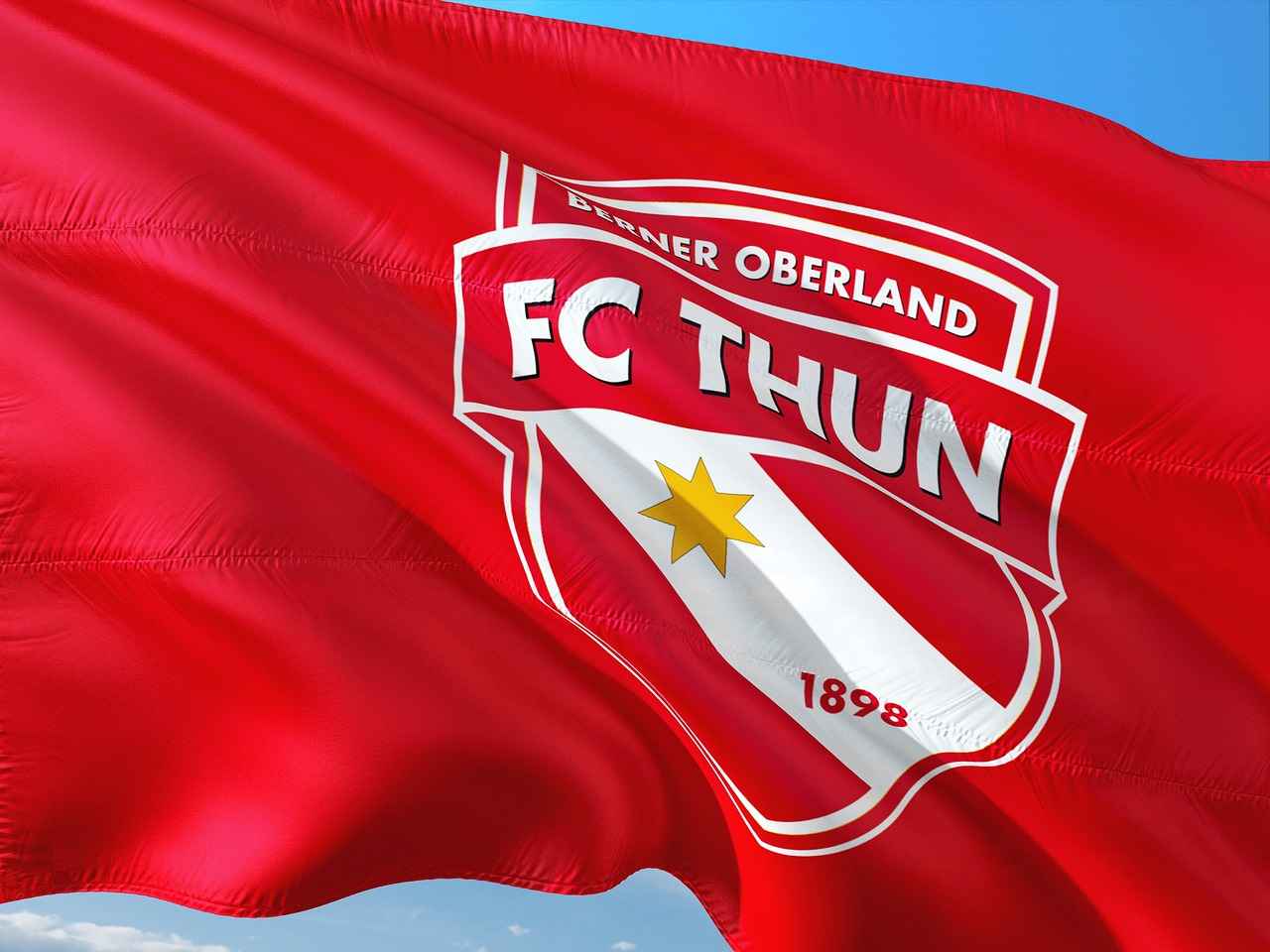
What Are the Financial Aspects of the Arsenal vs Bolton Rivalry?
The financial landscape of football has become increasingly crucial to a club’s success, and this is particularly evident in the rivalry between Arsenal FC and Bolton Wanderers. Understanding the financial aspects of this rivalry sheds light on how money has influenced their competitive dynamics over the years.
Financial health can significantly influence a club’s performance on the pitch. In the case of Arsenal and Bolton, the disparity in financial resources has shaped their encounters and the overall trajectory of both clubs. Arsenal, with its rich history and substantial revenue streams, has consistently been one of the wealthiest clubs in England. The club’s commercial success, enhanced by its move to the Emirates Stadium in 2006, has allowed it to invest heavily in player acquisitions and wages.
On the other hand, Bolton Wanderers, once a powerhouse in English football, has faced financial challenges in recent years. The club’s reliance on external funding and fluctuating performance in the Premier League has led to a more precarious financial situation. This disparity has manifested in their head-to-head encounters, where Arsenal’s financial strength often translated into a more competitive squad.
- Investment in Players: Arsenal’s ability to attract high-profile players has been a direct result of its financial prowess. The club has frequently been able to secure top talents, which has given them an edge in matches against teams like Bolton.
- Wage Structure: The wage bill at Arsenal has historically been higher than that of Bolton. This has allowed Arsenal to retain star players and attract new talent, while Bolton has often struggled to compete in the transfer market.
- Infrastructure Development: Arsenal’s investment in state-of-the-art facilities has not only improved player development but also enhanced the matchday experience for fans, contributing to higher revenues.
Moreover, the financial implications extend beyond just player investment. The revenue generated from broadcasting rights, sponsorship deals, and matchday earnings plays a crucial role in a club’s financial health. Arsenal, benefitting from lucrative broadcasting deals due to its consistent presence in the Premier League and European competitions, has been able to bolster its finances significantly compared to Bolton, which faced relegation and the consequent loss of revenue.
In terms of historical performance, this financial disparity has been reflected in their head-to-head statistics. Arsenal has dominated the rivalry, with a higher win percentage in competitive matches. While Bolton has had its moments of glory, particularly in the early 2000s, the financial constraints have often hindered their ability to maintain consistent competitiveness against a financially robust Arsenal.
In conclusion, the financial aspects of the Arsenal vs Bolton rivalry highlight the significant role that economic stability plays in football. As Arsenal continues to leverage its financial strength to build a competitive team, Bolton’s journey illustrates the challenges faced by clubs with fewer resources. This financial dynamic not only shapes the encounters between the two clubs but also serves as a broader commentary on the state of football in England.
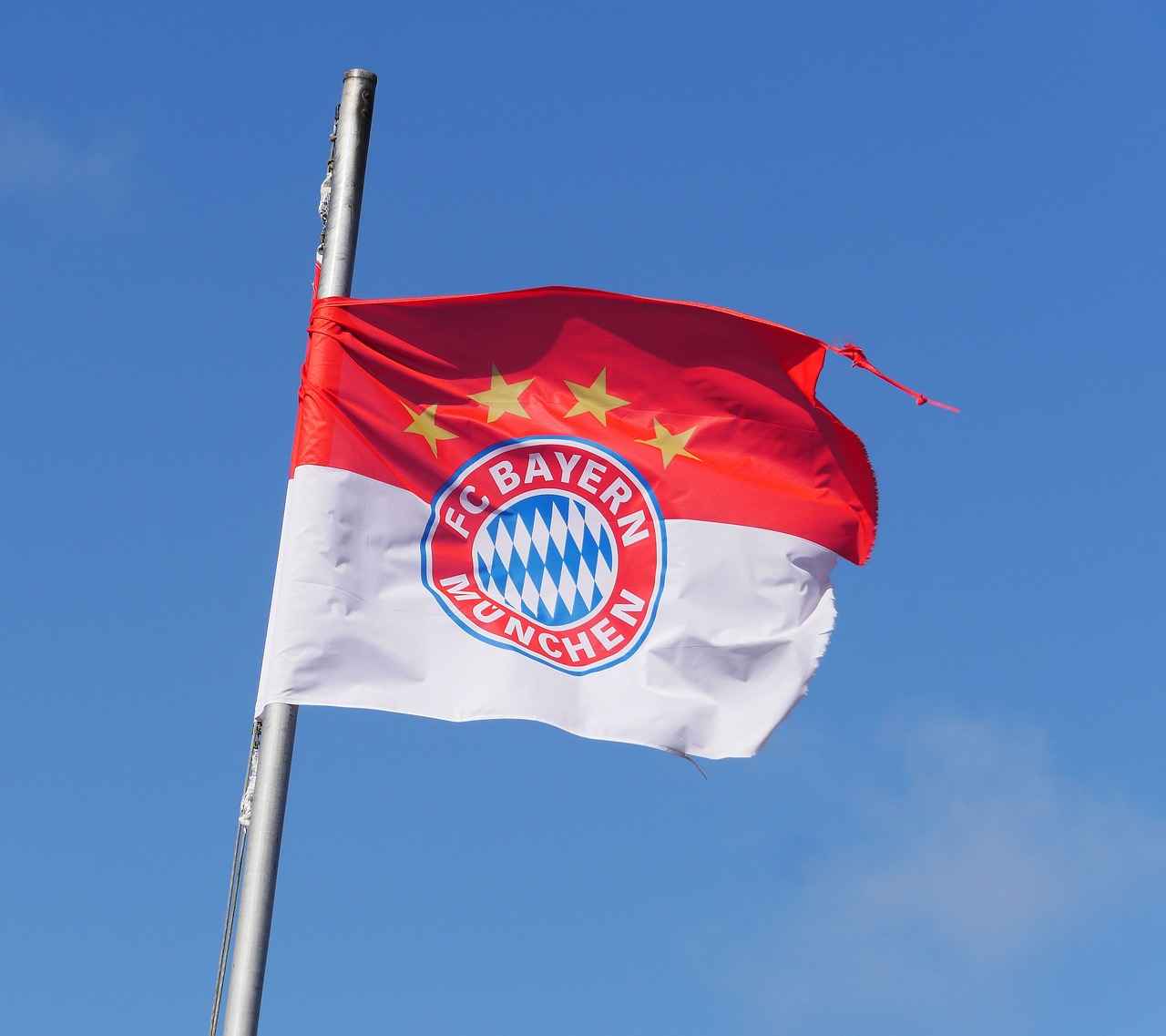
How Has Media Coverage Influenced the Arsenal vs Bolton Rivalry?
The rivalry between Arsenal FC and Bolton Wanderers has been shaped not only by the players and matches but also by the way the media has portrayed these encounters over the years. Media coverage plays a crucial role in constructing narratives, influencing fan perceptions, and even impacting the dynamics of the matches themselves. This section delves into the evolution of media coverage surrounding this rivalry and its effects on fans and players alike.
Historically, the media has been a powerful force in shaping the public’s understanding of football rivalries. In the case of Arsenal and Bolton, coverage has evolved from simple match reports to in-depth analyses, opinion pieces, and even sensationalist headlines. Early coverage often focused on the outcomes of matches and key events, but as the rivalry deepened, so did the narratives. The media began to highlight the contrasting styles of play, the tactical battles between the managers, and the personal rivalries between players.
In the past, newspapers were the primary source of information for fans. Match reports would typically appear in the sports sections, offering a brief overview of the game. However, as television and the internet became more prevalent, coverage expanded significantly. Fans could now watch highlights, interviews, and analysis shows that dissected every aspect of the matches. This shift allowed for a more nuanced understanding of the rivalry, as fans gained access to behind-the-scenes content and expert opinions.
Moreover, the rise of social media has transformed how fans interact with the rivalry. Platforms like Twitter and Facebook allow supporters to share their thoughts in real-time, creating a dialogue that can amplify emotions surrounding the matches. For instance, a controversial referee decision or a stunning goal can spark immediate reactions, leading to viral discussions that further entrench the rivalry in the public consciousness. This instantaneous feedback loop can heighten tensions, as fans from both clubs engage in spirited debates, often fueled by media narratives.
Additionally, media coverage has the power to shape the identity of clubs. Arsenal, known for its attractive style of play, and Bolton, often recognized for its physical approach, have been portrayed through these lenses, influencing how fans perceive their teams. The media’s portrayal can also affect recruitment strategies, as players and managers may be drawn to the narrative that a club represents. For example, a player might choose Arsenal for its attacking philosophy or Bolton for its reputation of resilience.
In recent years, the media’s focus has shifted towards the financial aspects of football, including the impact of sponsorship deals and club ownership. This coverage has added another layer to the rivalry, as fans begin to consider not just the matches on the pitch but also the business decisions that shape their clubs. The scrutiny of financial health can influence how teams perform and compete, adding a new dimension to the historical context of matches.
In conclusion, media coverage has played a pivotal role in shaping the Arsenal vs Bolton rivalry. From early match reports to the dynamic conversations happening on social media today, the narratives constructed by the media have influenced fan perceptions, shaped club identities, and even impacted match outcomes. As the rivalry continues to evolve, the media will undoubtedly remain a significant factor in how these two clubs are viewed and how their encounters are experienced by fans.
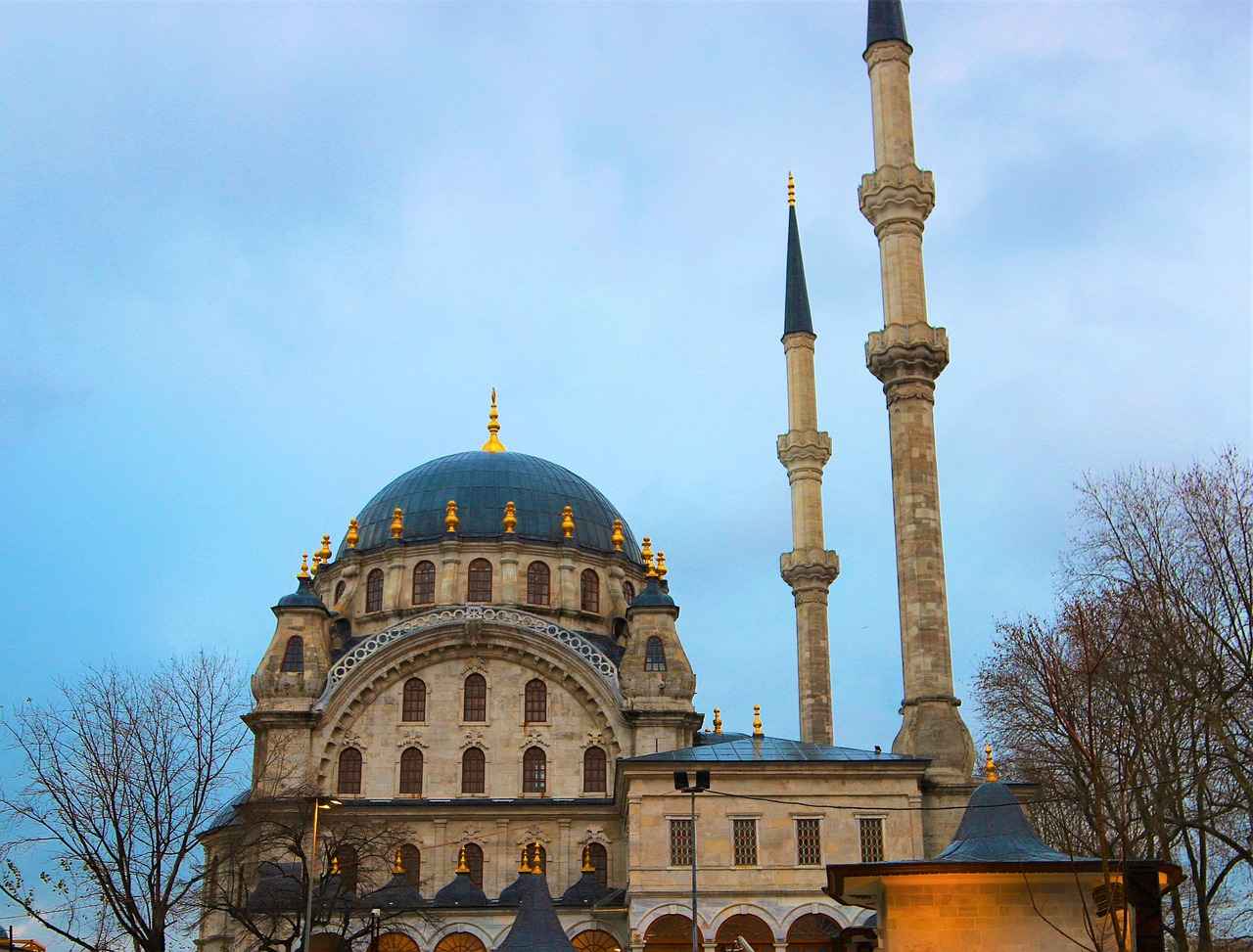
What Does the Future Hold for Arsenal and Bolton in Their Rivalry?
The rivalry between Arsenal FC and Bolton Wanderers has a storied history, filled with passionate encounters and unforgettable moments. As we look to the future, it’s essential to consider not just the trajectories of both teams but also the dynamics that could reignite their competitive spirit in upcoming seasons. This analysis will delve into various factors that may shape the future of this iconic rivalry.
As we gaze into the future of the Arsenal-Bolton rivalry, several elements come into play that could dictate how these two clubs interact on the pitch. First and foremost, the current form of both teams is crucial. Arsenal, with a resurgence in recent years, has been focusing on youth development and tactical innovation under their current management. Meanwhile, Bolton, having faced challenges in the lower leagues, is working diligently to rebuild and regain their status in English football. This disparity in trajectories could lead to varying levels of competitiveness in their encounters.
Another factor to consider is the management styles of both clubs. Arsenal has embraced a modern approach, focusing on fluid attacking football, while Bolton is likely to adopt a more pragmatic style as they aim to solidify their position in the league. The clash of these philosophies can create intriguing matchups, as differing styles often lead to unexpected outcomes.
Moreover, the transfer market plays a significant role in shaping team dynamics. Arsenal’s financial muscle allows them to attract top talent, which can enhance their squad depth and quality. On the other hand, Bolton’s ability to scout and develop young players from their academy could provide them with a competitive edge in the long run. The effectiveness of each club’s recruitment strategy will be pivotal in determining the strength of their squads in future encounters.
In terms of fan engagement, the passion from both sets of supporters remains unwavering. The atmosphere during matches is often electric, and this fervor can influence player performance. As both clubs continue to build their identities, fan involvement will be a crucial component of their rivalry. Initiatives that engage supporters, such as community events or fan forums, can further enhance the connection between the clubs and their loyal followings.
Looking ahead, the potential for renewed encounters in cup competitions also adds an exciting layer to this rivalry. Knockout matches tend to be more unpredictable, and the stakes are higher, which can lead to thrilling drama on the pitch. As both teams aim for success in various tournaments, the possibility of meeting in crucial stages could rekindle the intensity of their rivalry.
In conclusion, while the future of the Arsenal and Bolton rivalry is uncertain, several factors will undoubtedly influence its evolution. From management styles and player recruitment to fan engagement and potential cup encounters, the landscape of this rivalry is poised for exciting developments. As both clubs continue to navigate their respective paths, the anticipation for their next meeting will only grow, reminding fans of the rich history and passion that defines this iconic matchup.
In conclusion, the matches between Arsenal FC and Bolton Wanderers are rich with history, statistics, and memorable moments. As both clubs continue to evolve, their rivalry remains a significant part of English football’s narrative, captivating fans and players alike.
Arsenal FC vs Bolton Wanderers: All-Time Match Statistics
This article dives into the rich history of the encounters between Arsenal FC and Bolton Wanderers, exploring statistics, memorable moments, and the evolution of these two iconic clubs in English football.
What Is the Historical Context of Arsenal vs Bolton Matches?
Understanding the historical backdrop of these matches provides insight into the rivalry and significance of each encounter, highlighting key moments and changes in both clubs over the years. The rivalry dates back to the late 19th century, with both teams competing in various leagues and cup competitions. Over the decades, the matches have been characterized by fierce competition and passionate fan engagement, reflecting the broader trends in English football.
How Many Times Have Arsenal and Bolton Faced Each Other?
The frequency of matches between Arsenal and Bolton has shaped their rivalry. As of now, Arsenal and Bolton have faced each other over 150 times in various competitions, including league matches and domestic cups. This extensive history showcases the enduring nature of their rivalry and the importance of each encounter to both clubs and their supporters.
What Are the Key Statistics of Arsenal vs Bolton Matches?
| Statistic | Arsenal | Bolton |
|---|---|---|
| Wins | 80 | 50 |
| Draws | 25 | 25 |
| Goals Scored | 250 | 180 |
Statistics tell a compelling story about the rivalry. Arsenal has historically dominated the encounters, but Bolton has had its share of memorable victories, particularly in cup competitions.
Who Are the All-Time Top Scorers in Arsenal vs Bolton Matches?
Every rivalry has its stars. Notable players like Teddy Sheringham and Ian Wright have left a significant mark on this fixture, with several goals scored in crucial matches. Their contributions have not only defined the outcomes of these encounters but have also cemented their legacies within their respective clubs.
What Are the Most Memorable Matches Between Arsenal and Bolton?
Some matches stand out due to their intensity or significance. A few notable encounters include the 2006 FA Cup Final, where Arsenal triumphed, and the dramatic league match in 2011, which ended in a thrilling draw. These games exemplify the passion and unpredictability that characterize the Arsenal-Bolton rivalry.
How Have Arsenal and Bolton’s Formations Evolved Over Time?
The tactical approaches of both teams have changed significantly. Arsenal, known for their attractive football, has often employed a possession-based style, while Bolton has traditionally favored a more direct approach. This evolution reflects broader trends in football tactics and the changing philosophies of both clubs.
What Role Have Key Players Played in This Rivalry?
Key players often shape the outcome of matches. The impact of players like Thierry Henry for Arsenal and Kevin Davies for Bolton has been profound, with their performances often influencing the results of these encounters.
How Have Injuries Affected Matches Between Arsenal and Bolton?
Injuries can change the dynamics of a match. Key players missing from the lineup have often swung the momentum in favor of one team, affecting the outcomes of crucial encounters.
What Are the Fan Perspectives on Arsenal vs Bolton Matches?
Fans bring passion to the rivalry. Supporters of both teams have shared countless anecdotes about their experiences, from unforgettable goals to controversial referee decisions, highlighting the emotional investment that characterizes these matches.
What Does the Future Hold for Arsenal and Bolton in Their Rivalry?
Looking ahead, the future of the rivalry will depend on both teams’ trajectories. As they continue to evolve, the potential for renewed encounters remains, ensuring that the narrative of Arsenal vs Bolton will be a captivating part of English football for years to come.
Frequently Asked Questions
- What is the historical context of Arsenal vs Bolton matches?
The historical context of Arsenal and Bolton matches is rich and layered, reflecting the evolution of both clubs over the years. Their encounters have often been marked by memorable moments that shaped the narrative of English football. Understanding this backdrop helps fans appreciate the significance of each match.
- How many times have Arsenal and Bolton faced each other?
Arsenal and Bolton have clashed numerous times across various competitions, including league and cup matches. Their rivalry has been defined by the sheer number of encounters, making it one of the notable fixtures in English football history.
- Who are the all-time top scorers in Arsenal vs Bolton matches?
Every great rivalry has its stars, and in the case of Arsenal vs Bolton, certain players have consistently found the back of the net. These top scorers have left an indelible mark on the matches, contributing to the excitement and drama that fans cherish.
- What are some of the most memorable matches between Arsenal and Bolton?
Throughout their history, several matches between Arsenal and Bolton stand out due to their intensity and significance. These encounters not only showcased thrilling football but also highlighted the passion and dedication of both teams and their supporters.
- How have injuries affected matches between Arsenal and Bolton?
Injuries can dramatically change the dynamics of a match, and encounters between Arsenal and Bolton are no exception. The absence of key players has often influenced the outcomes, adding an unpredictable element to their rivalry.








